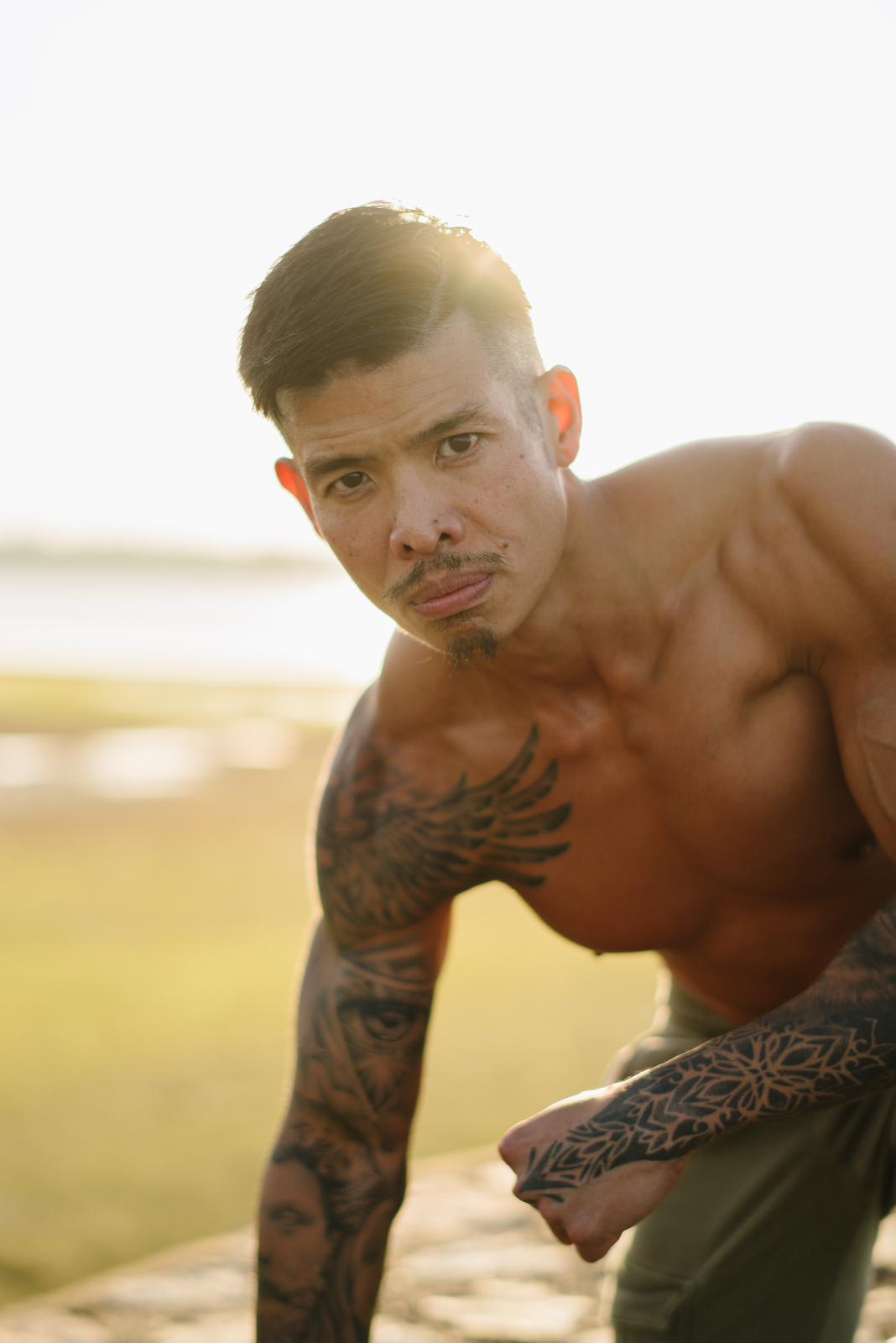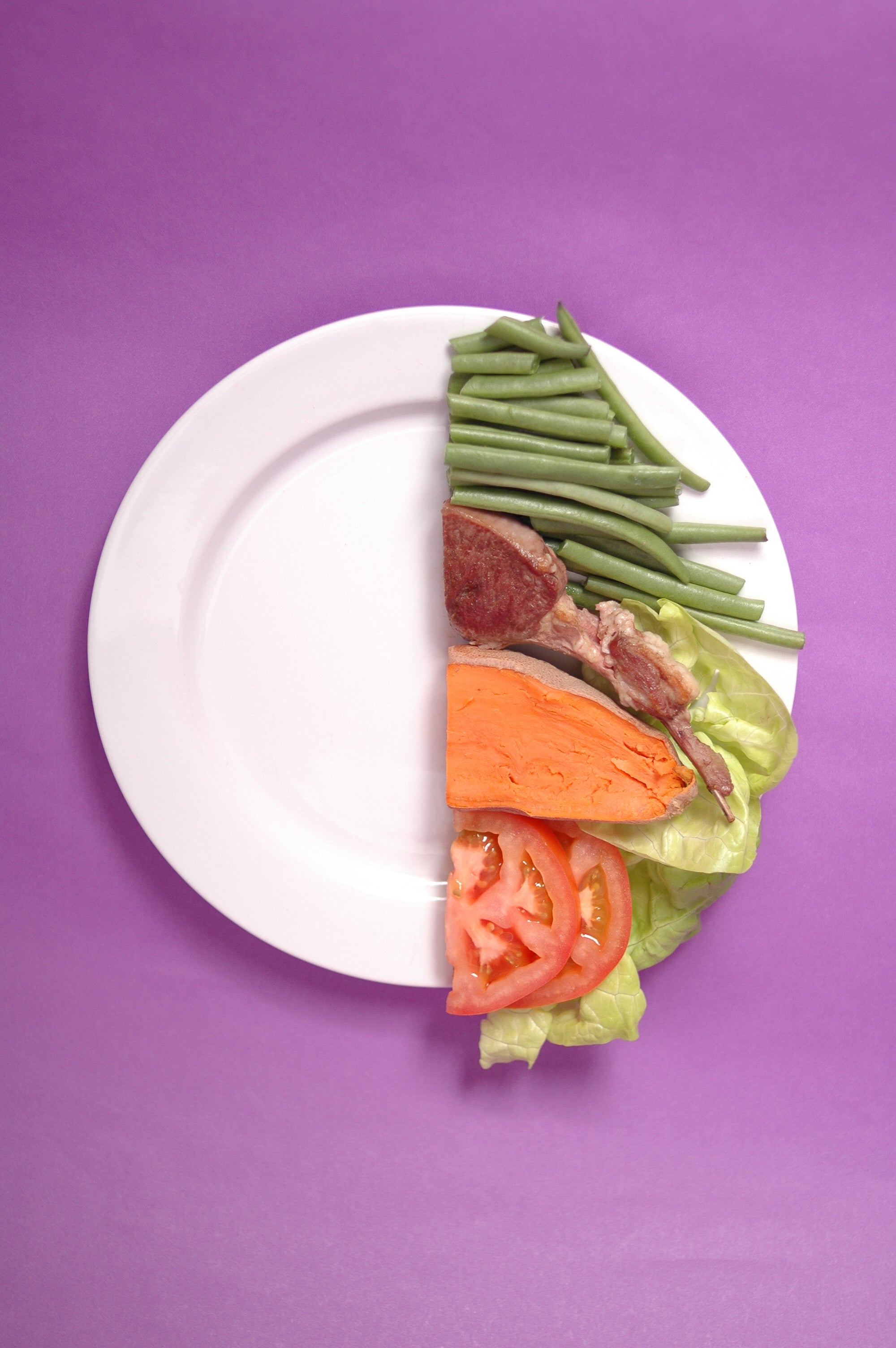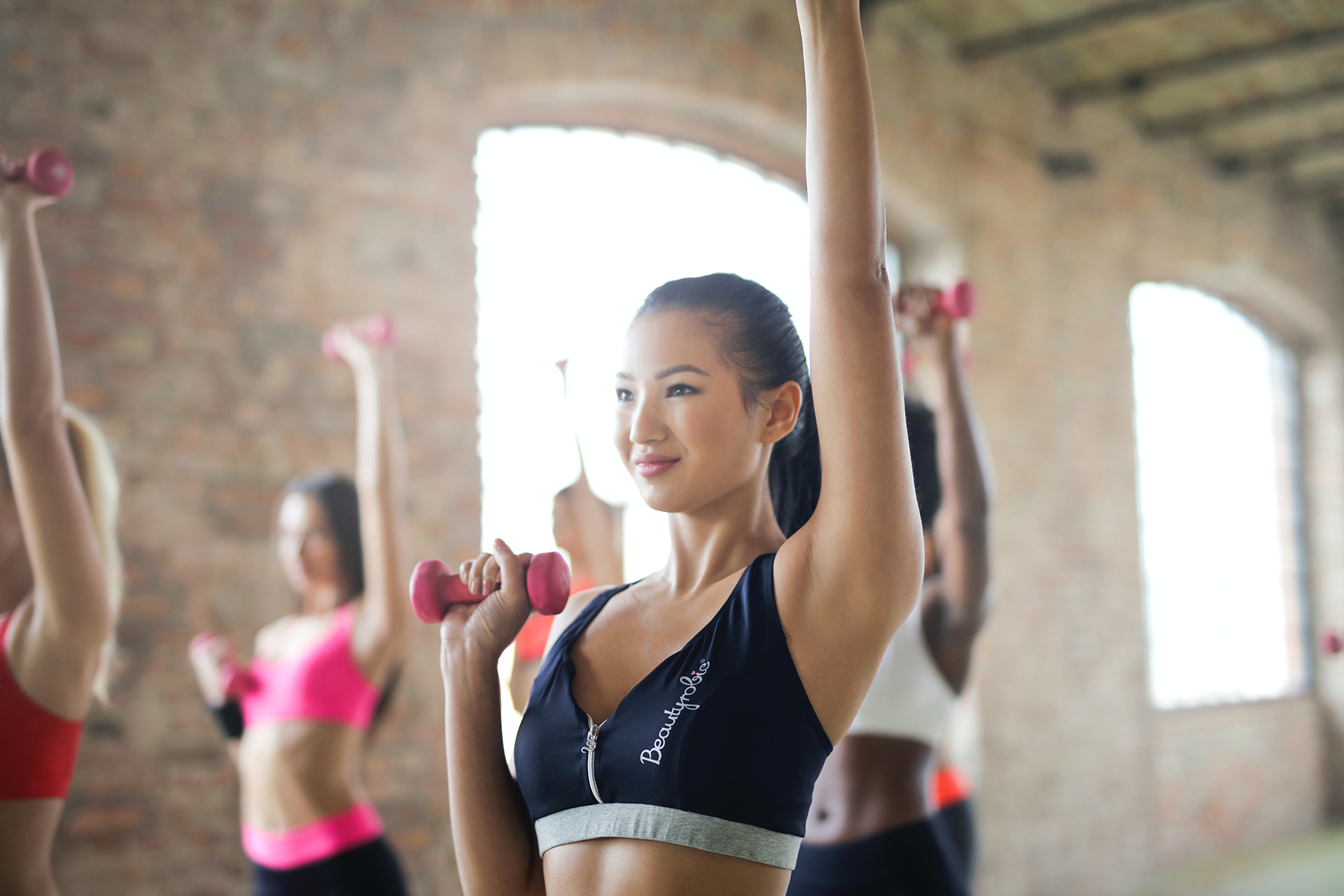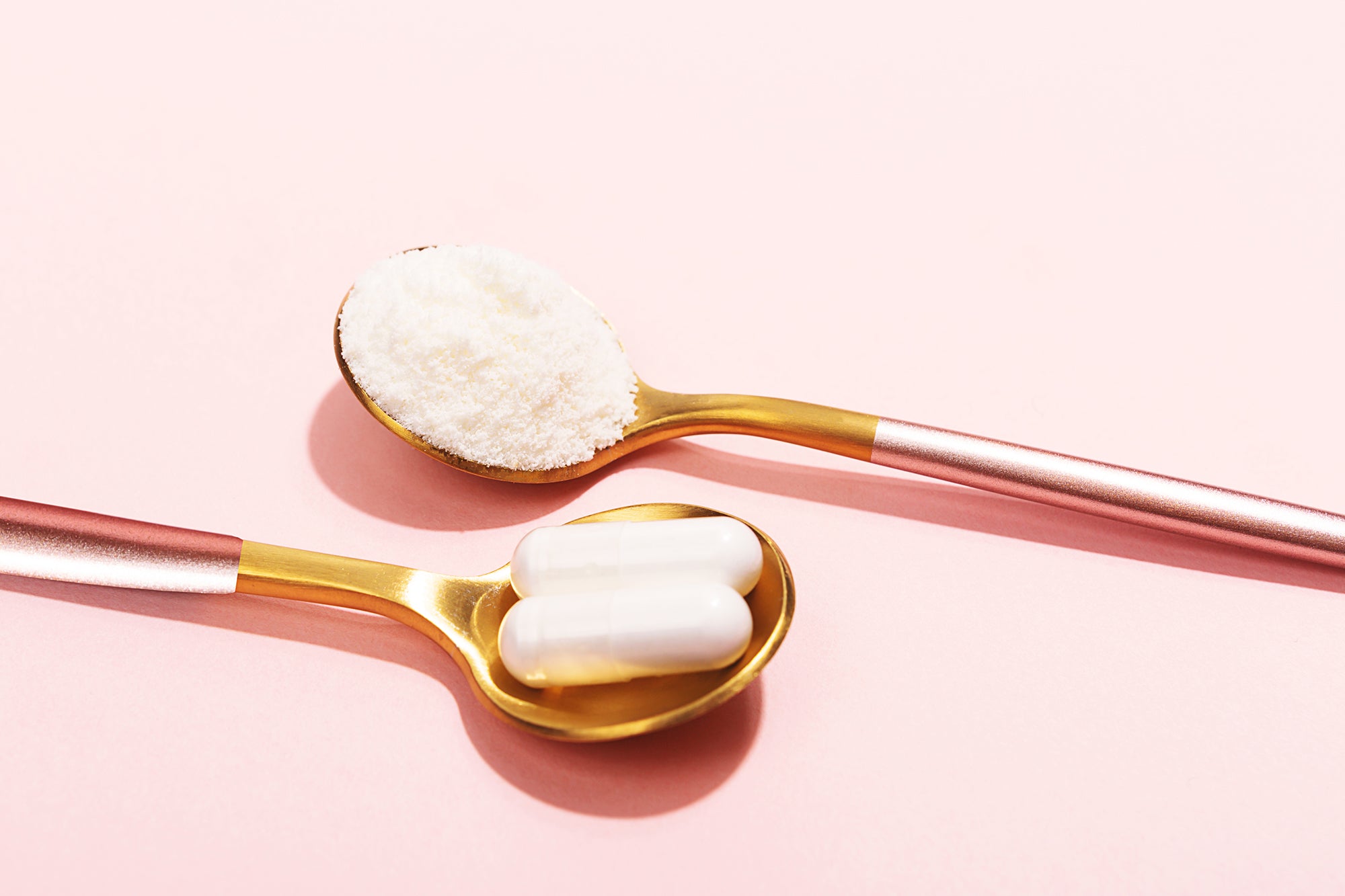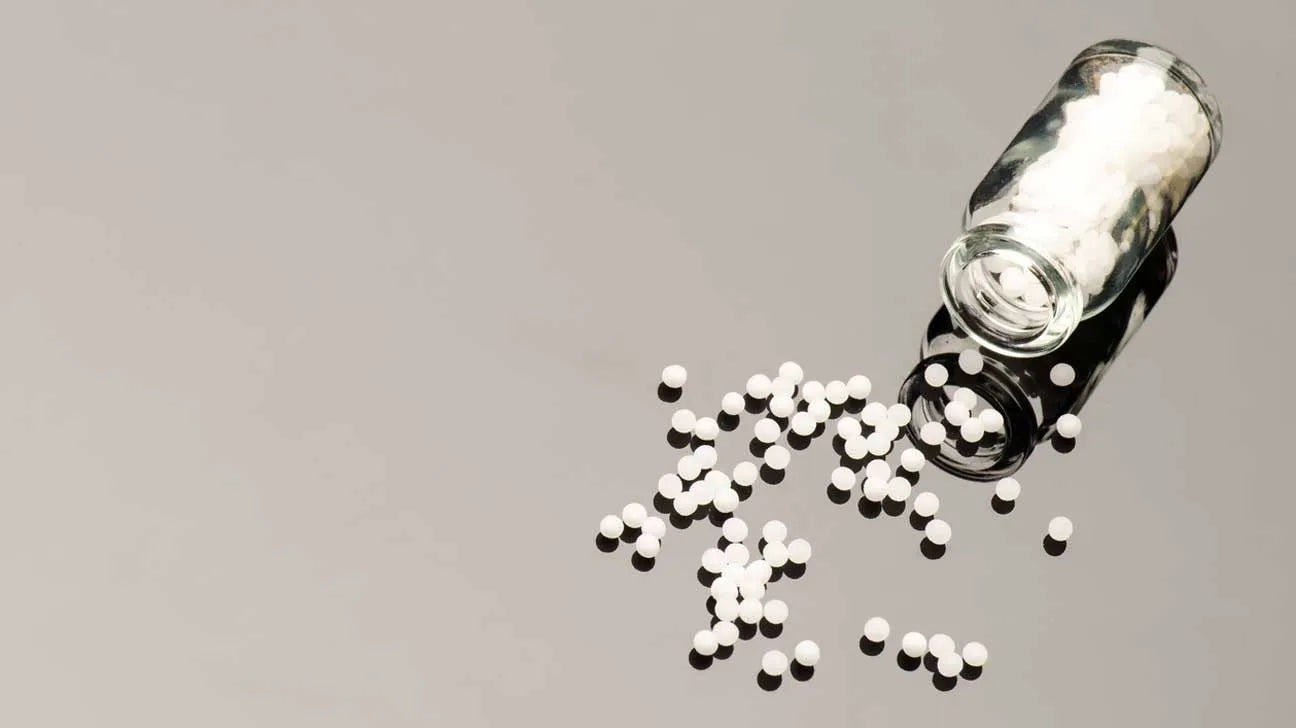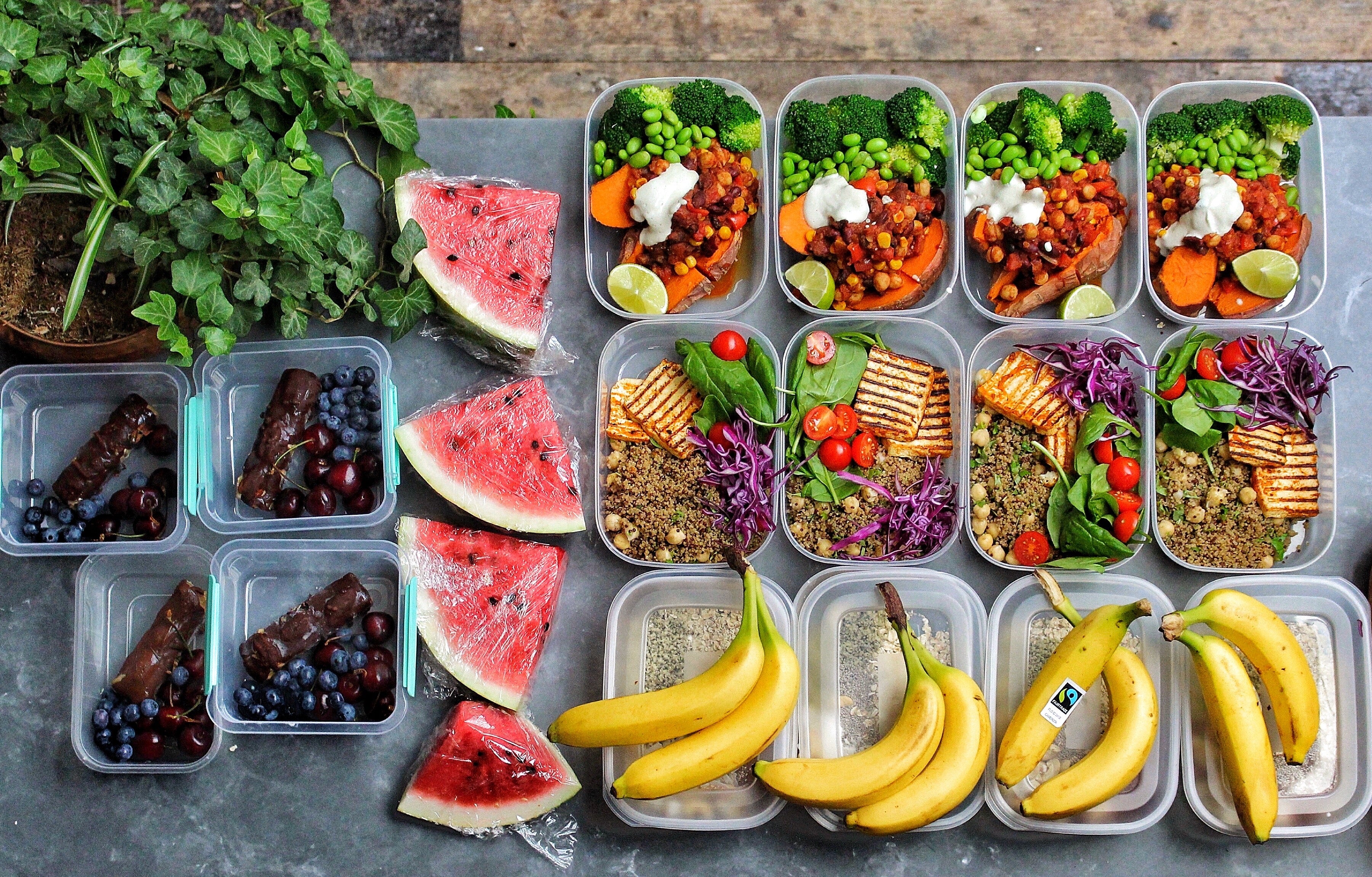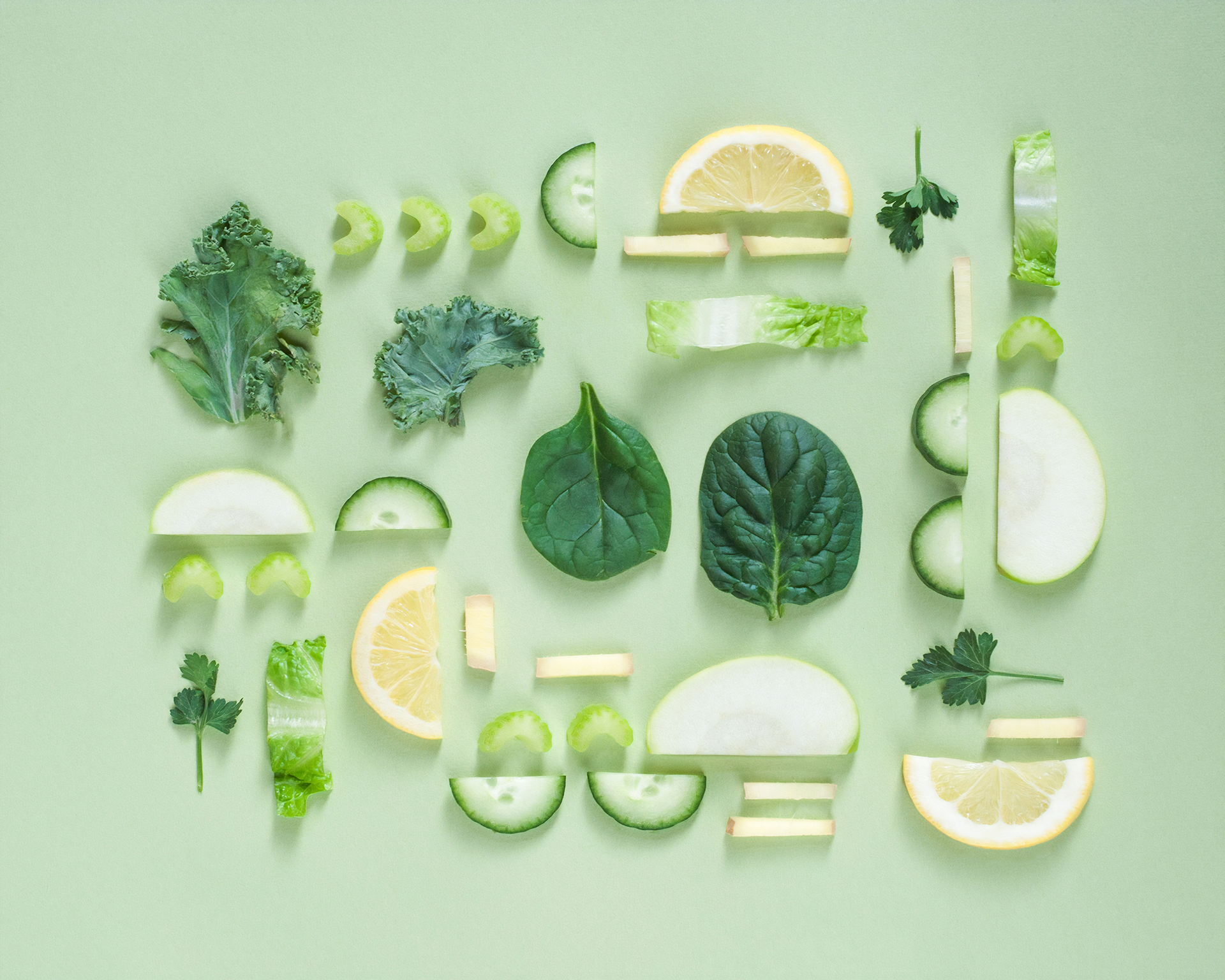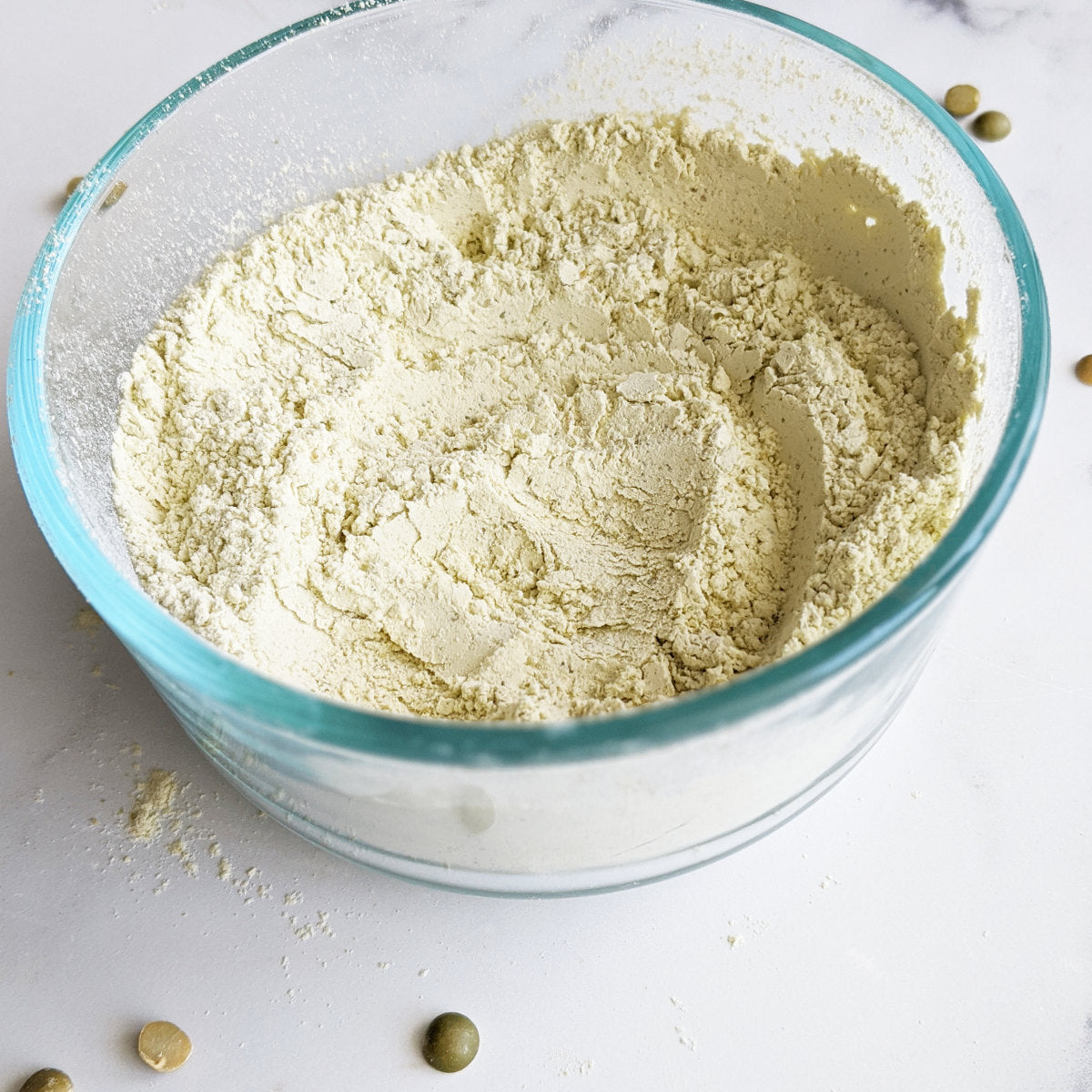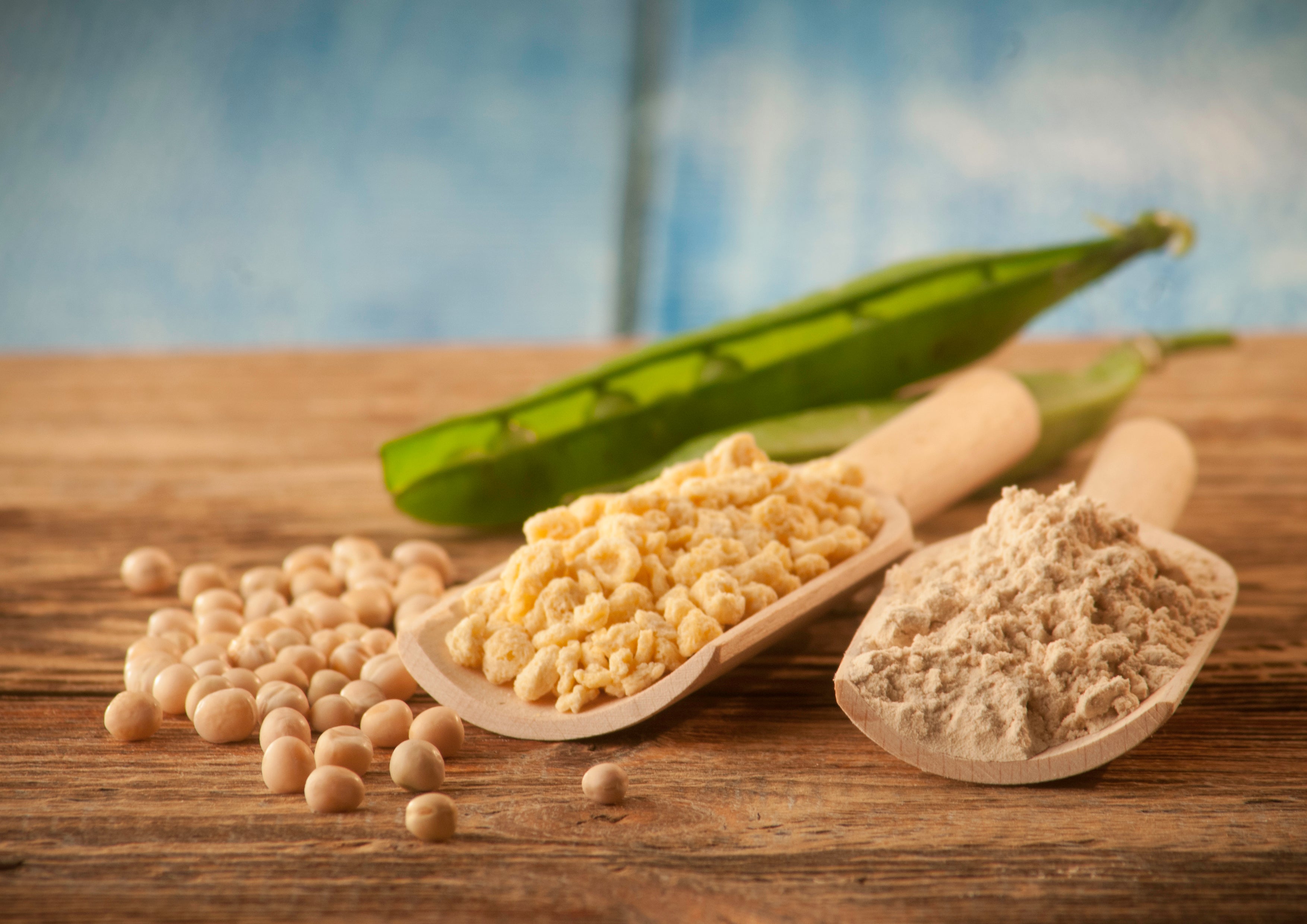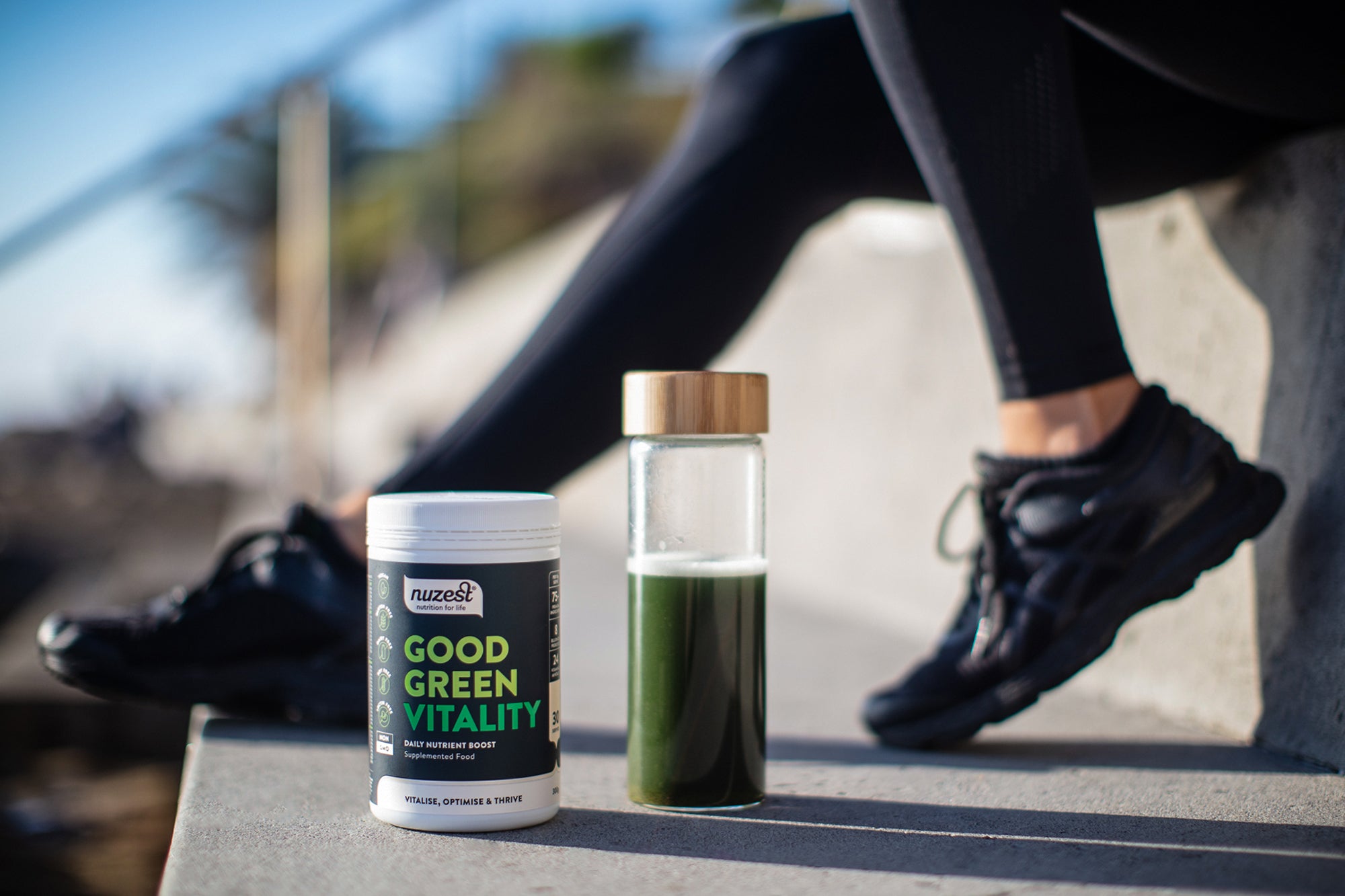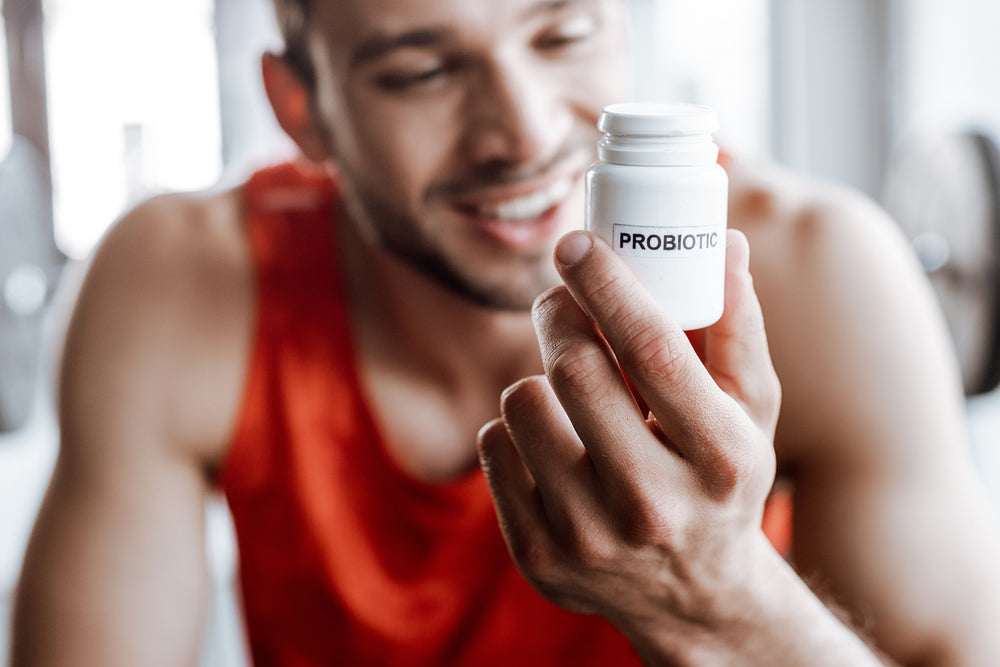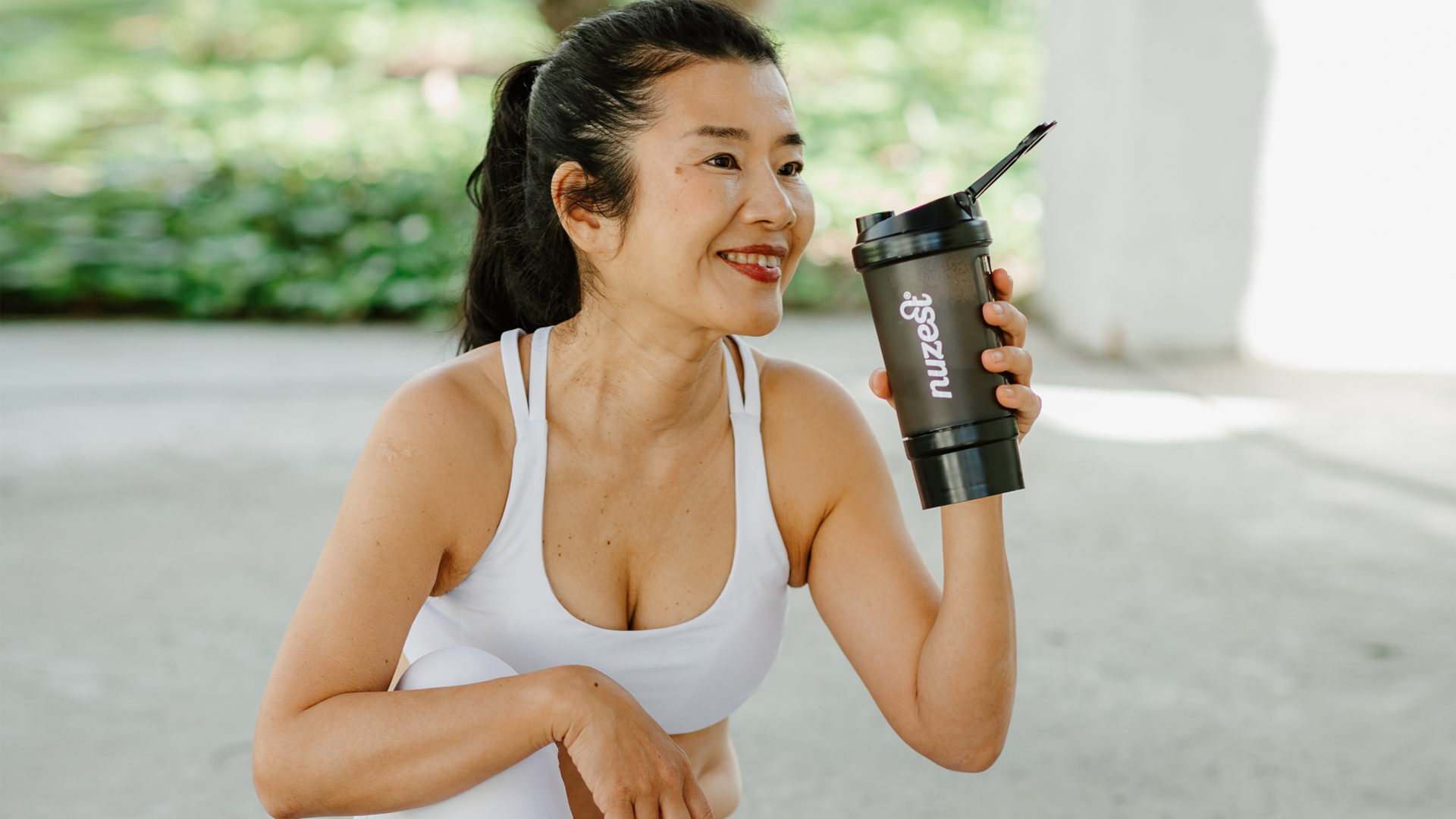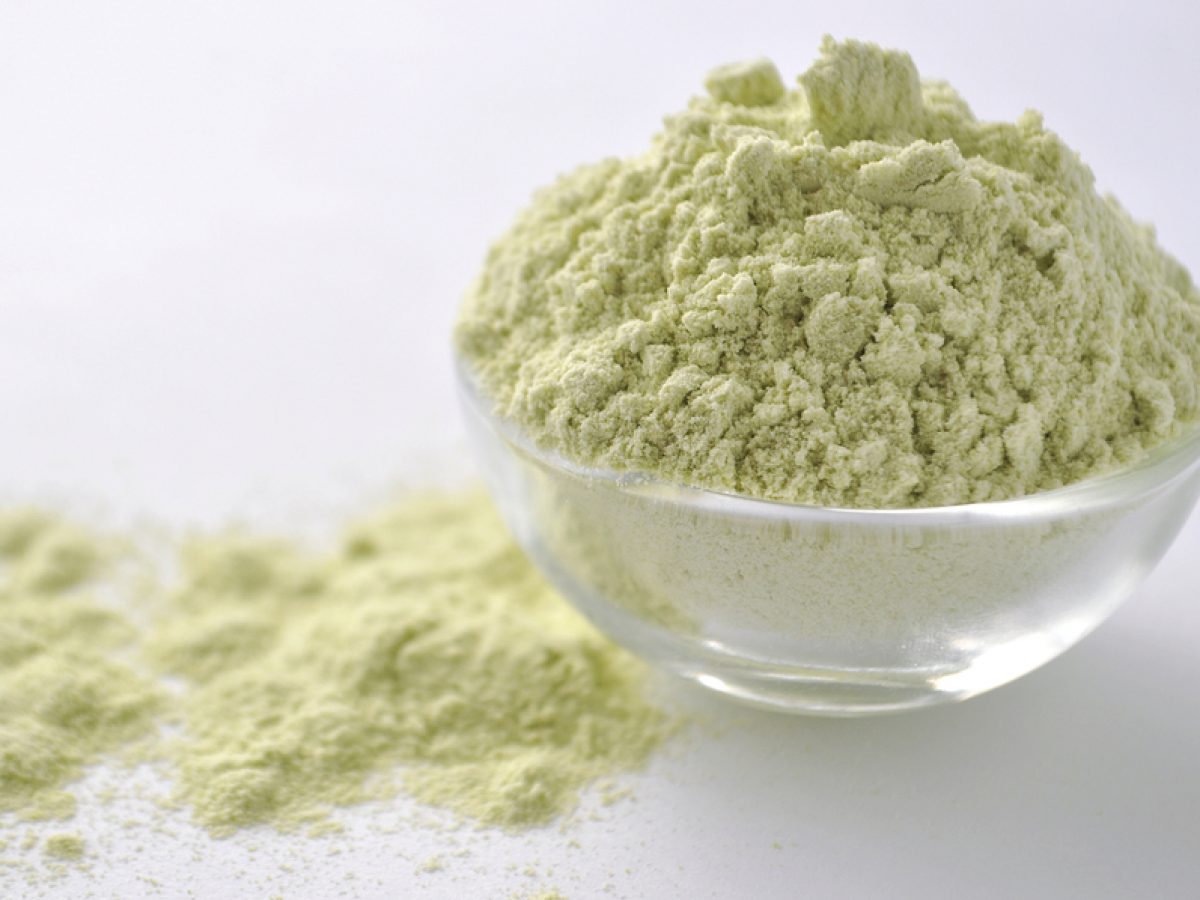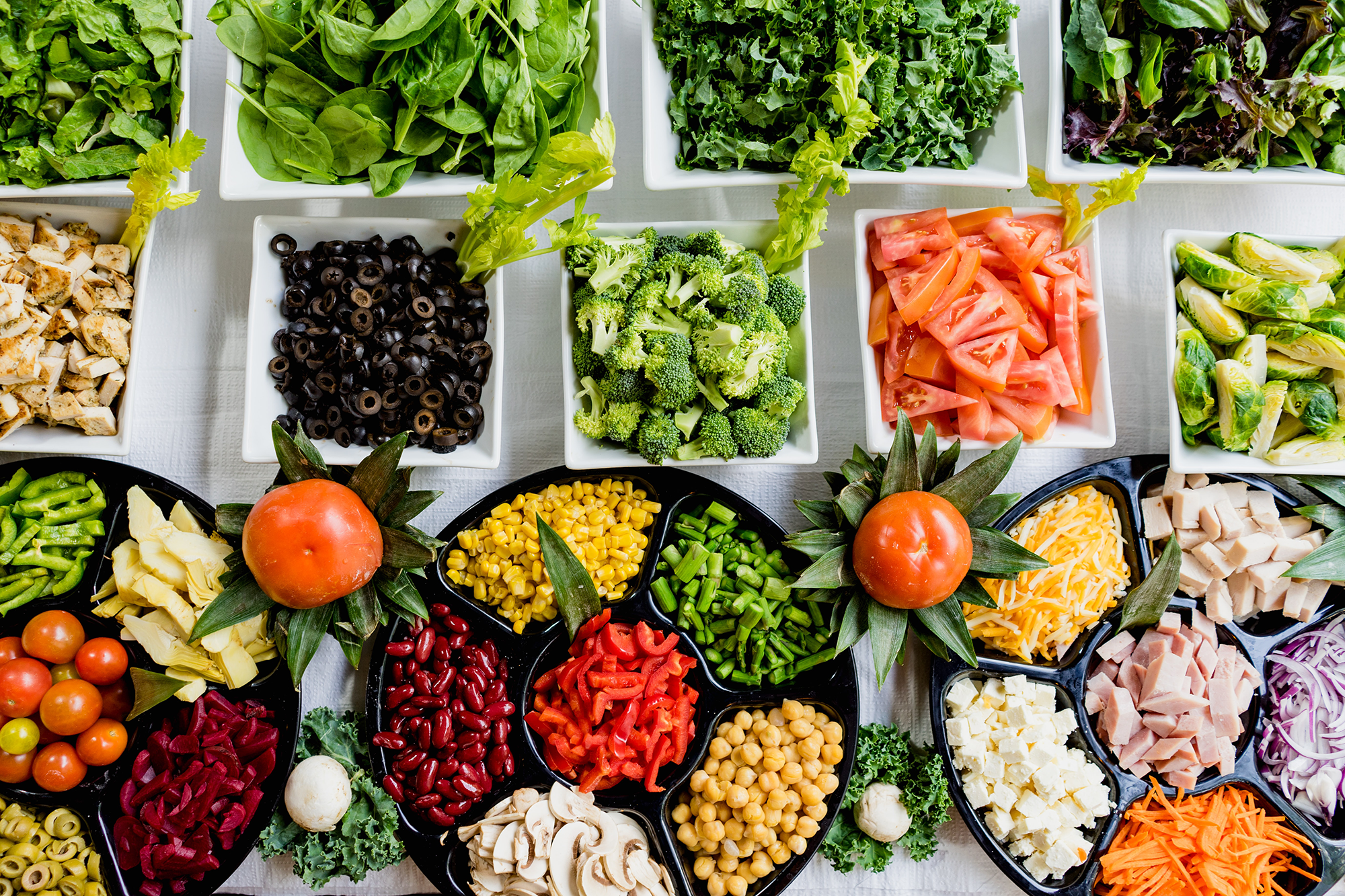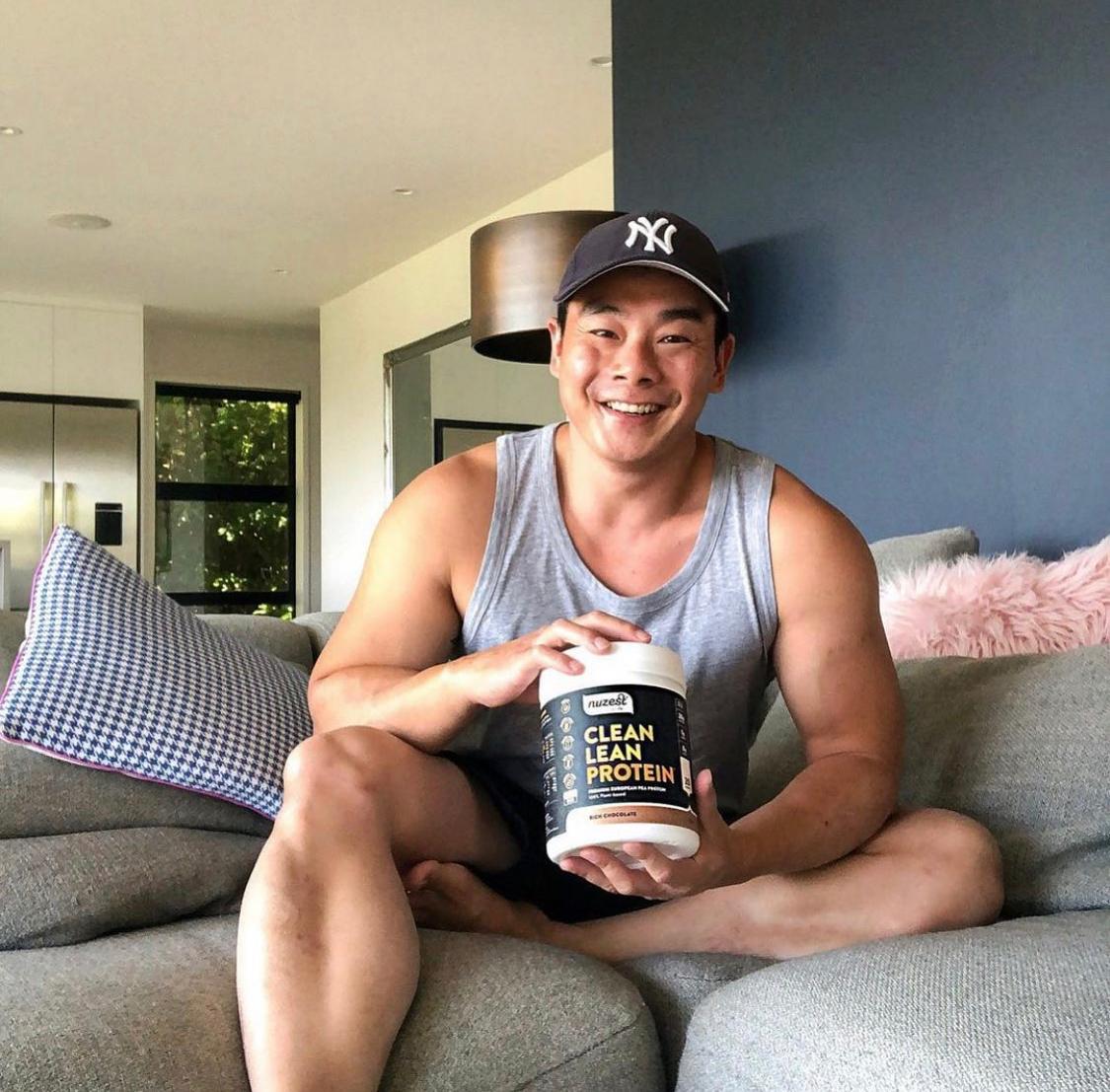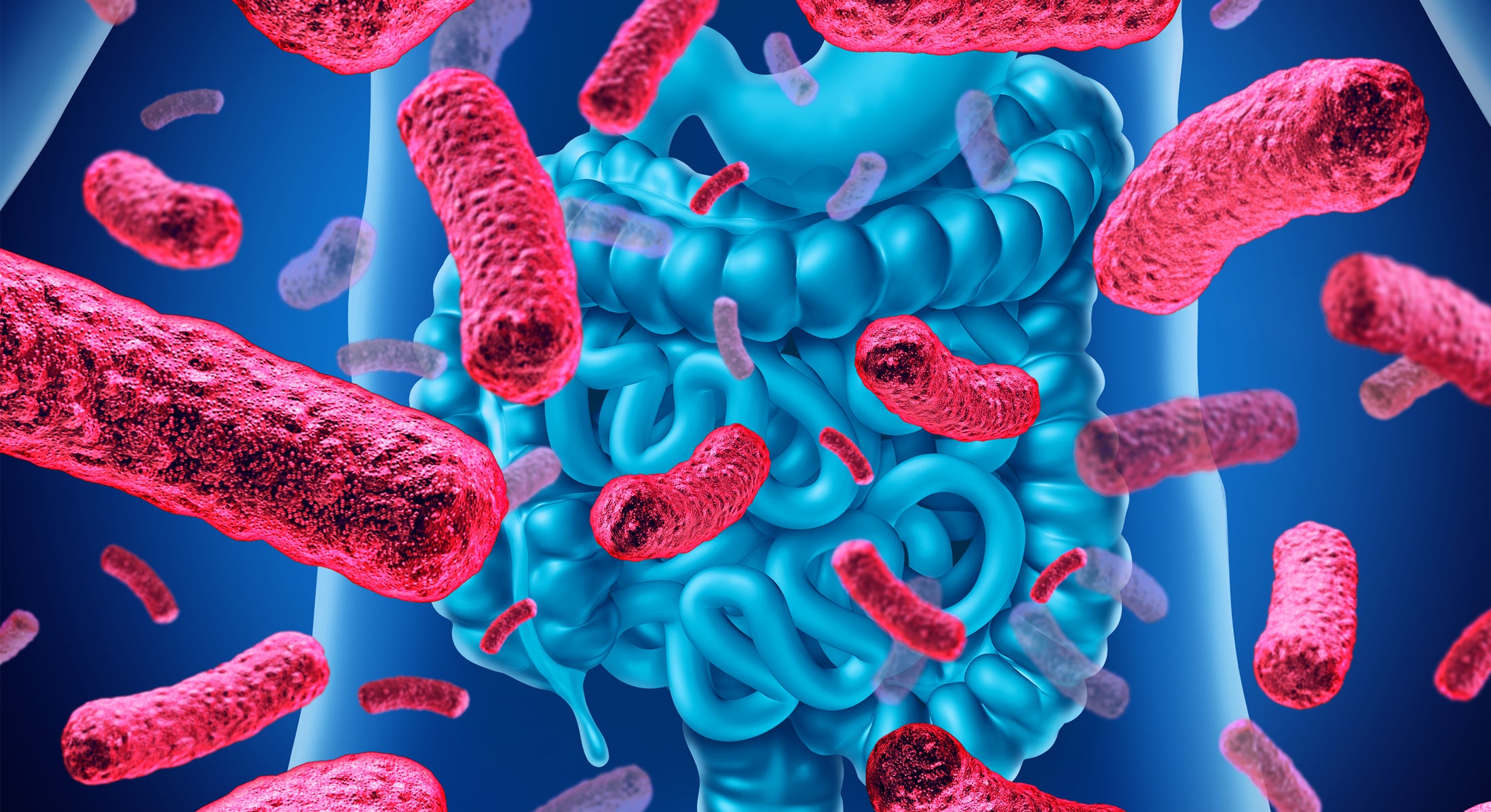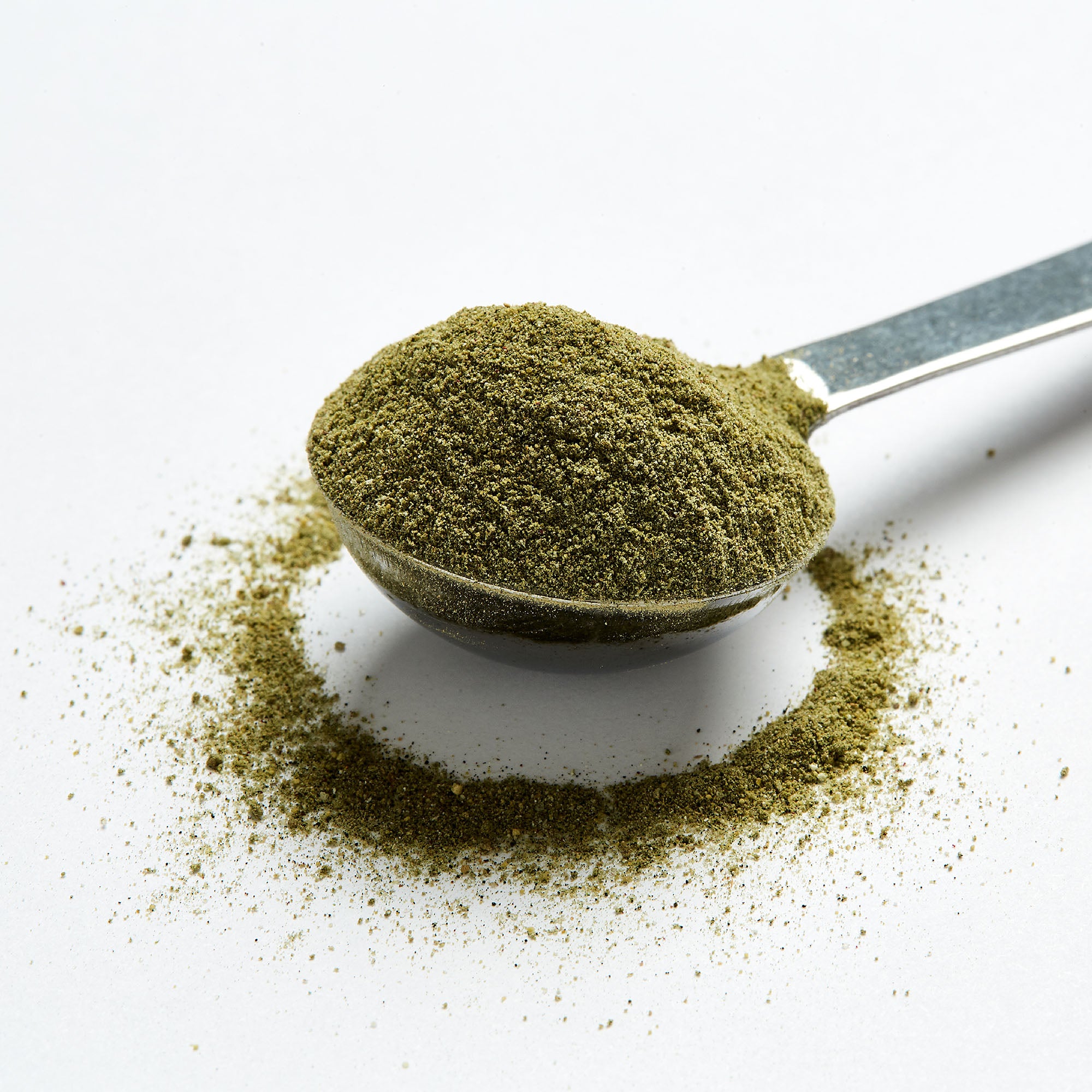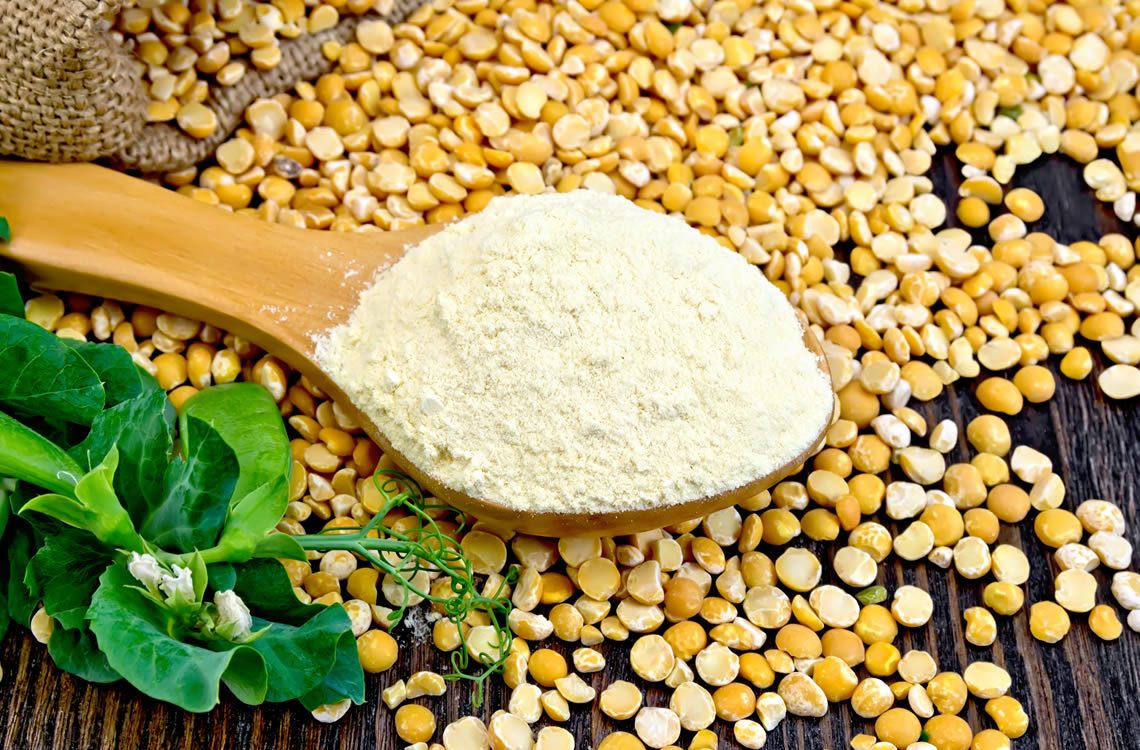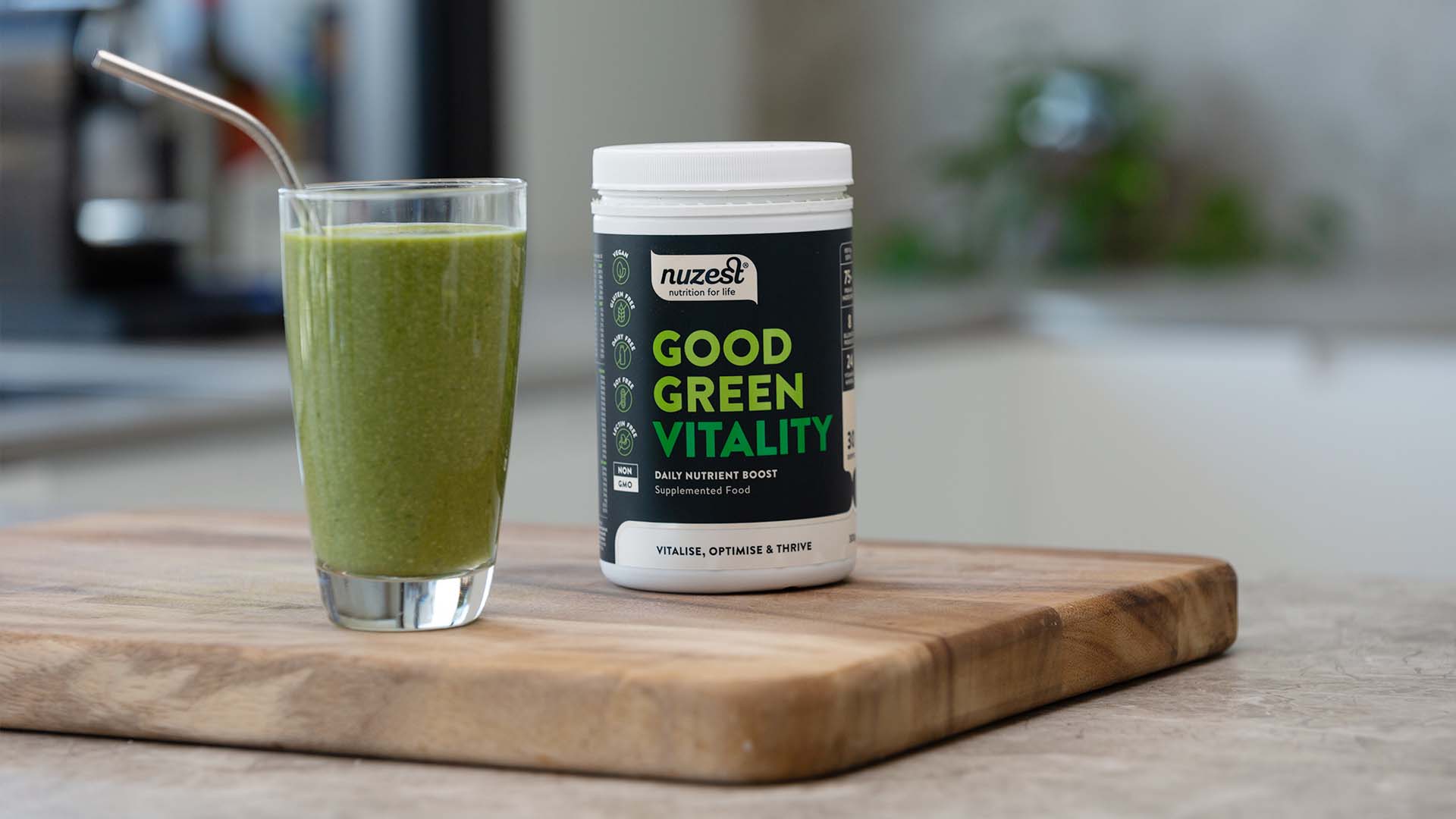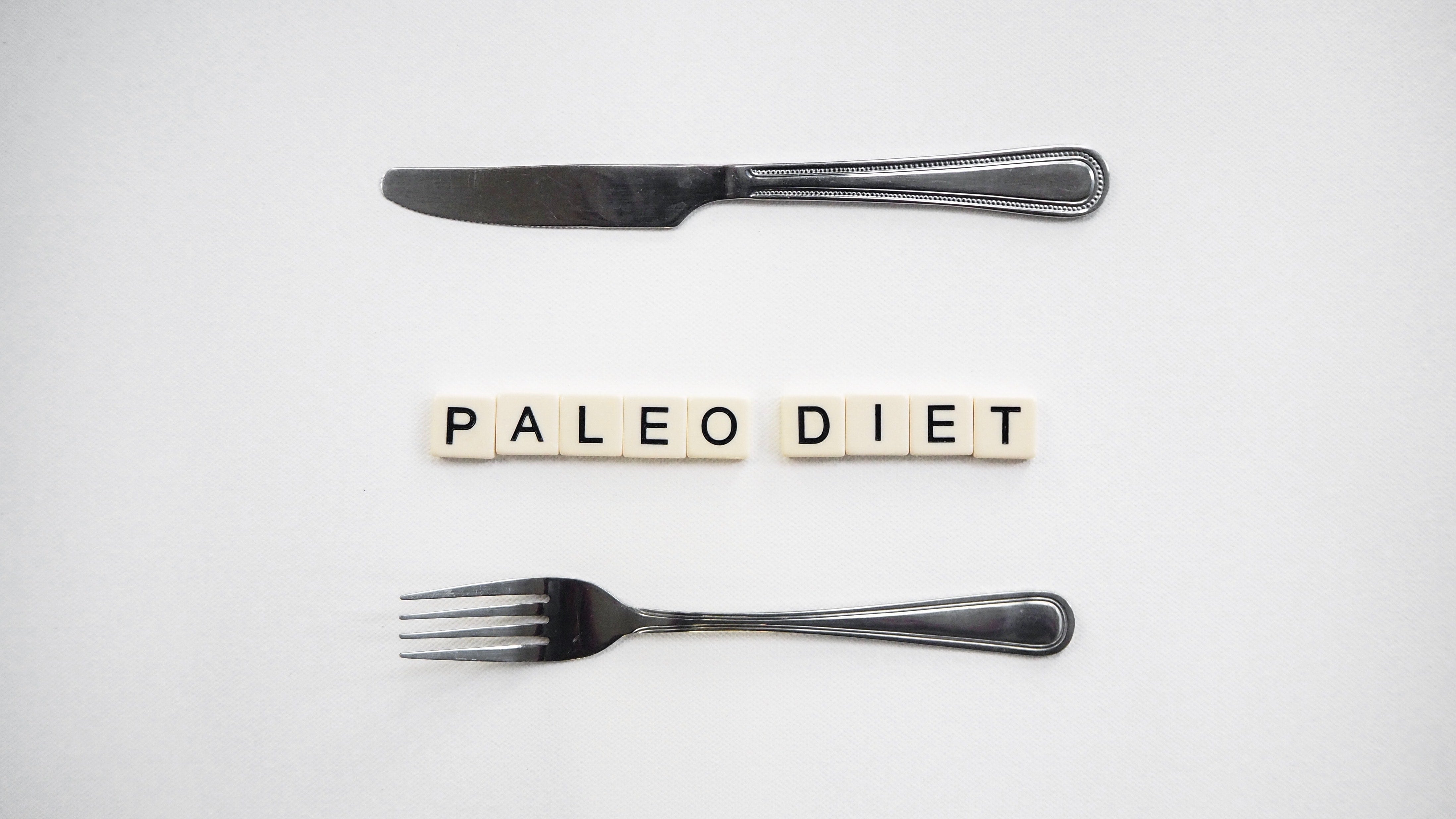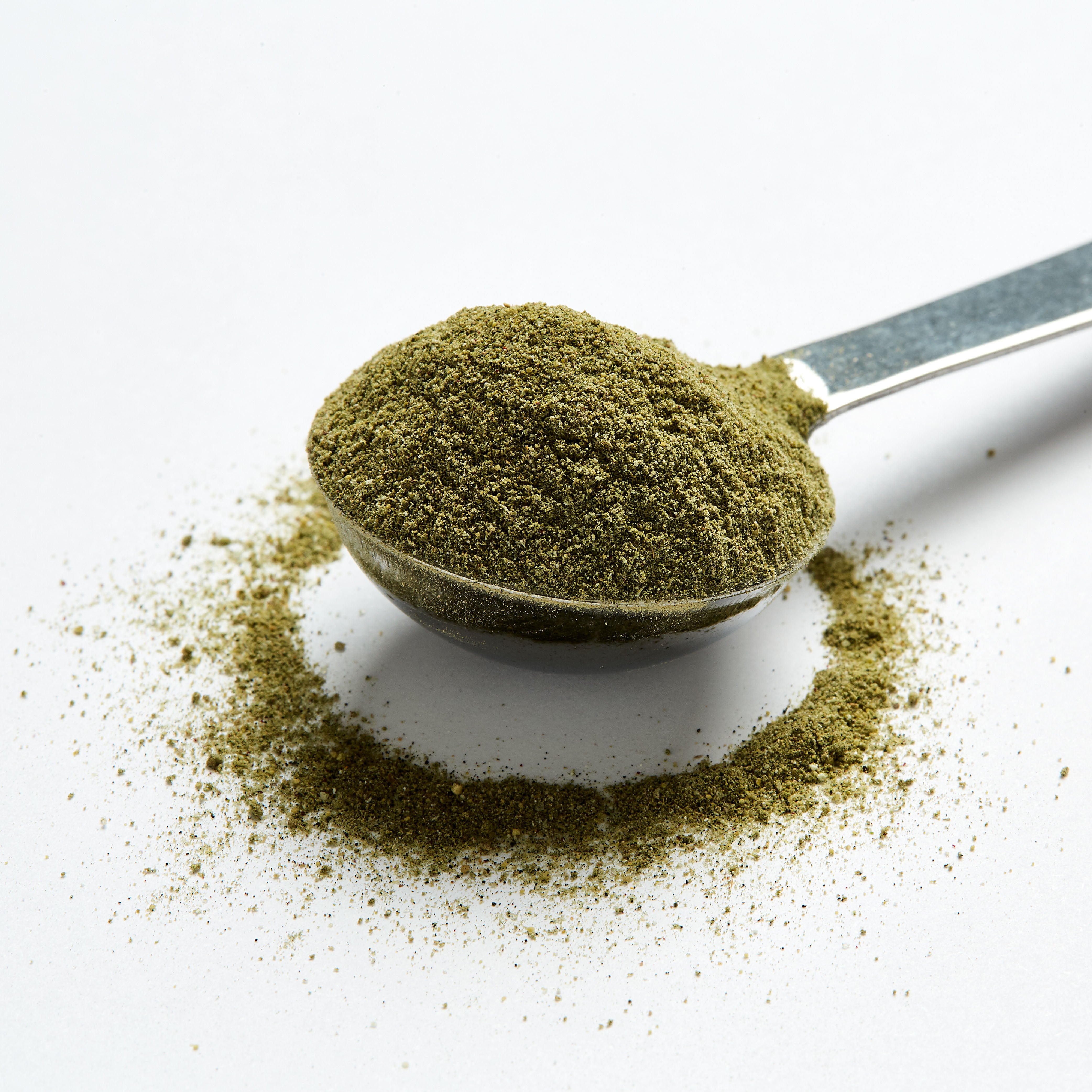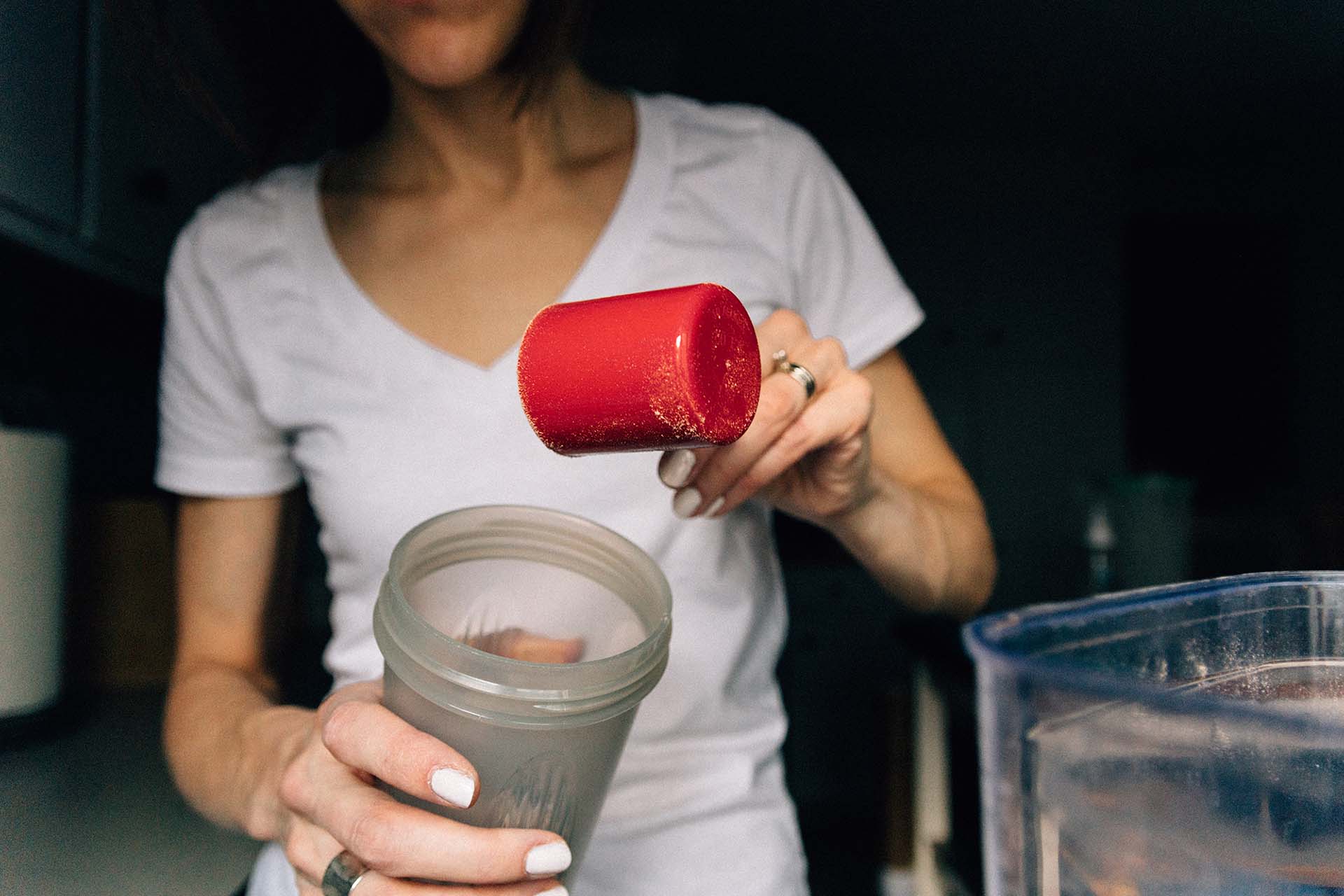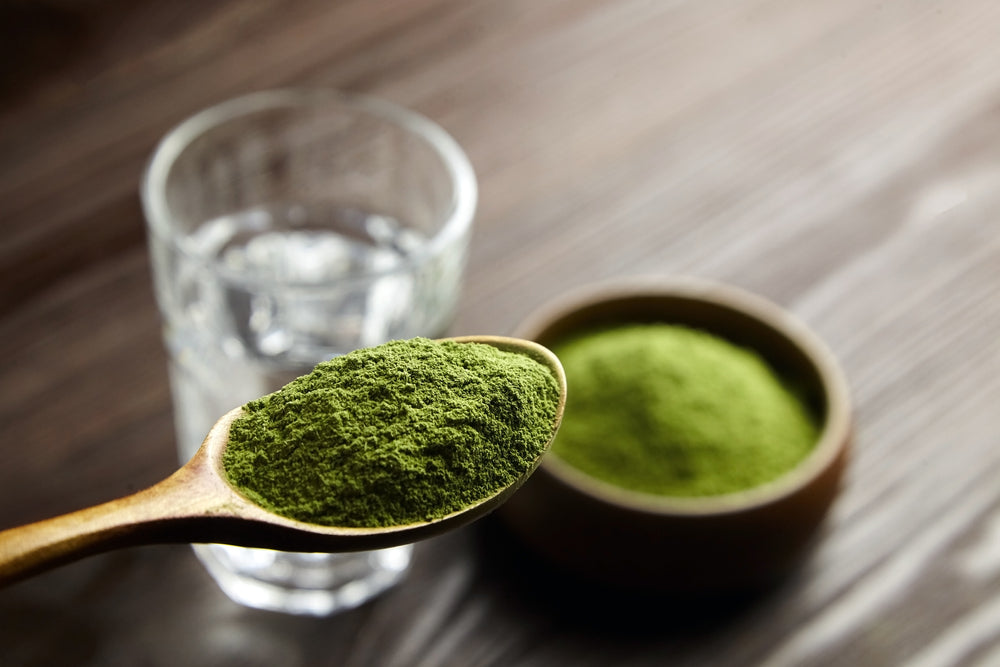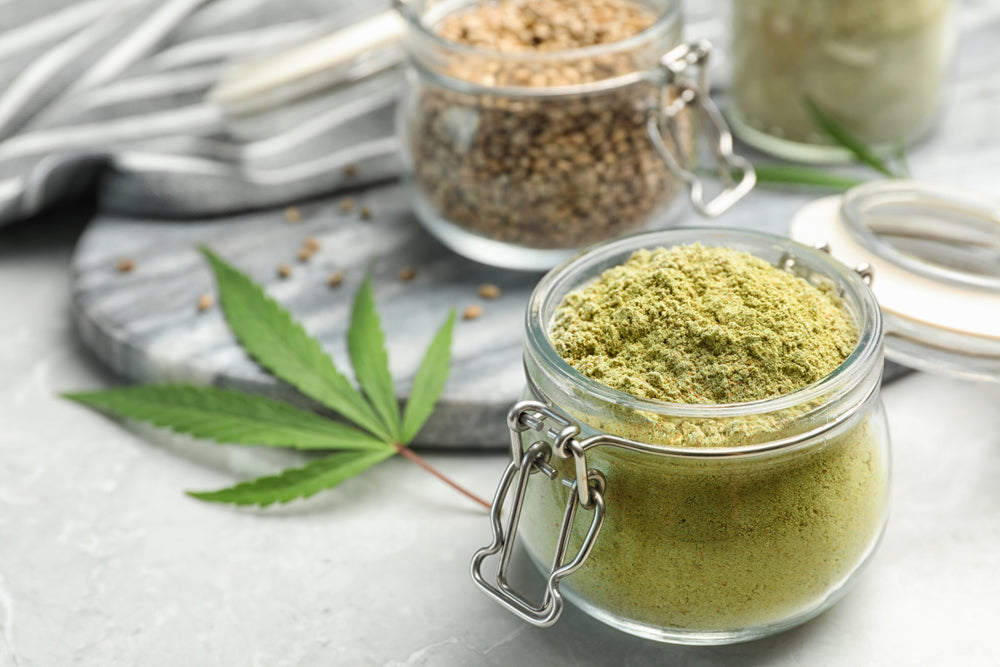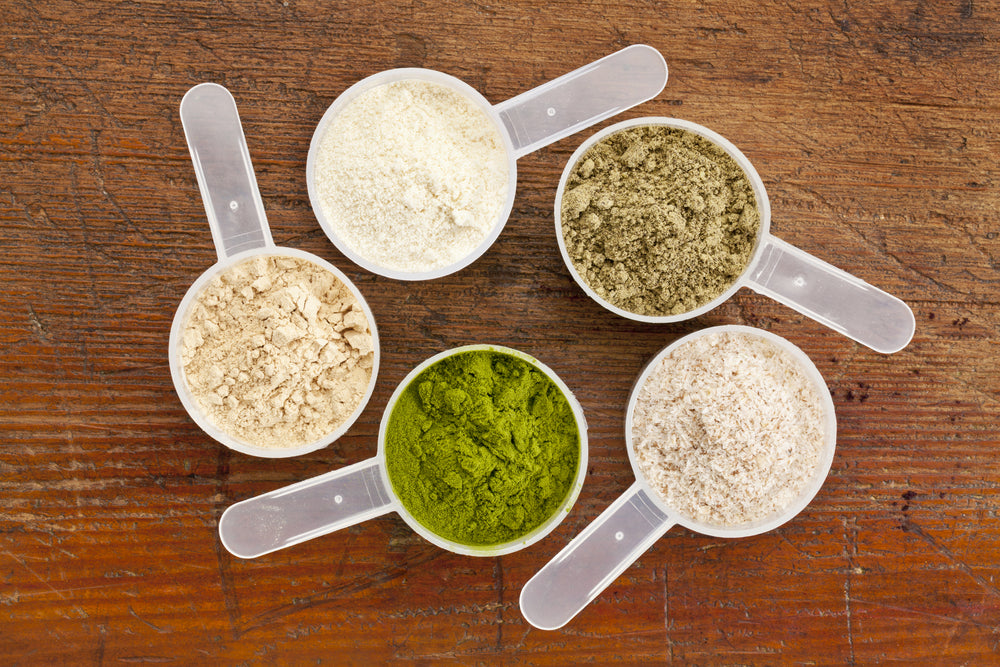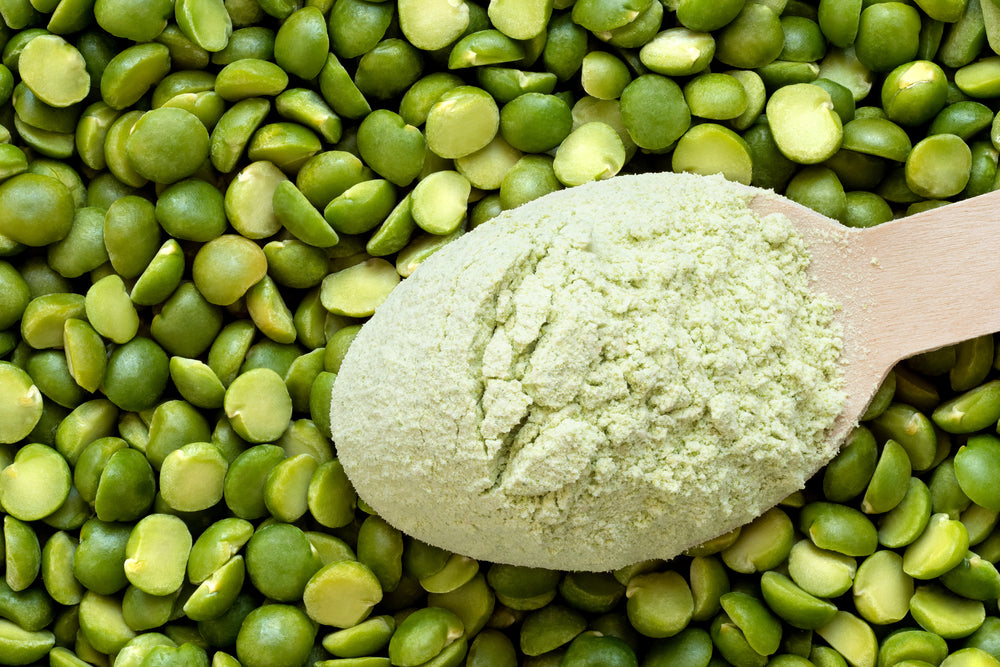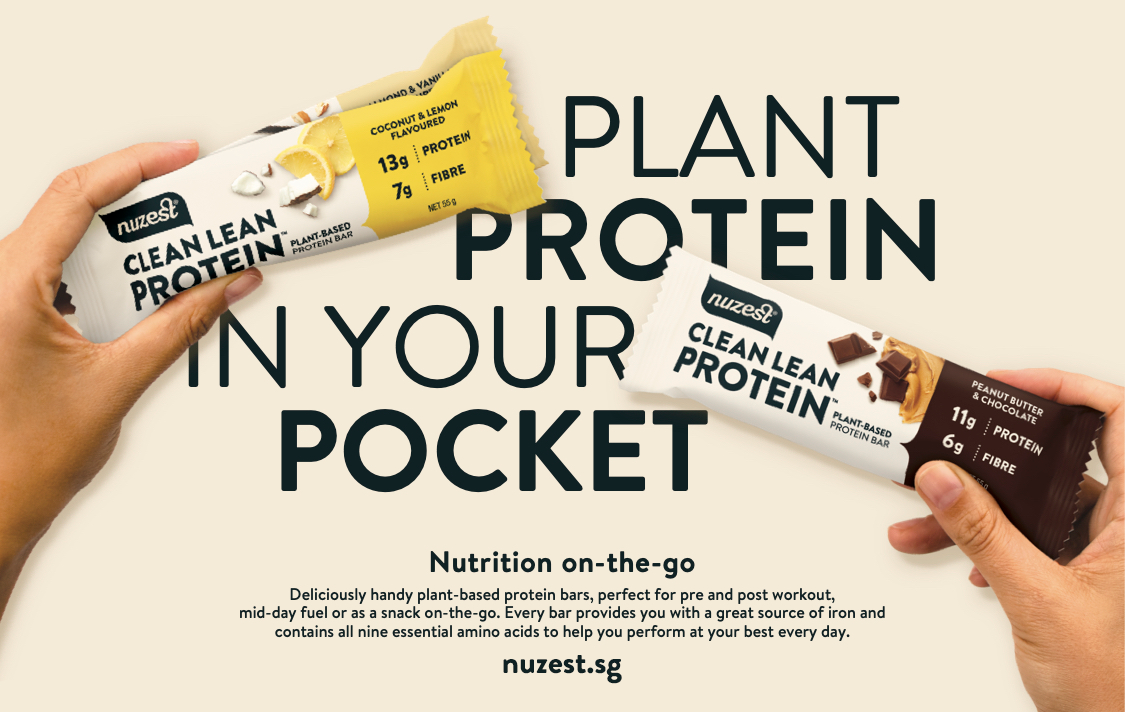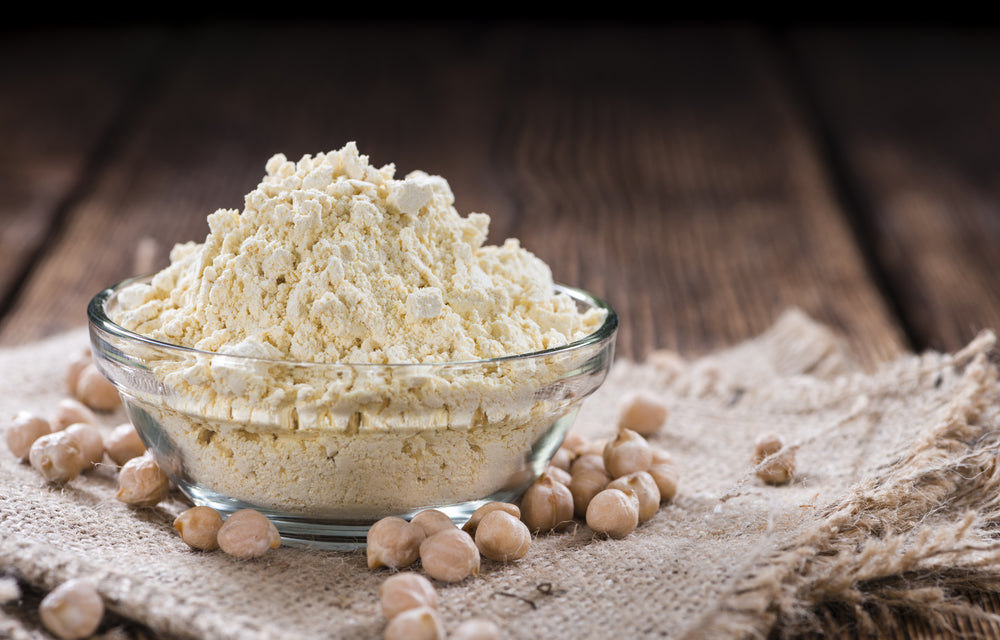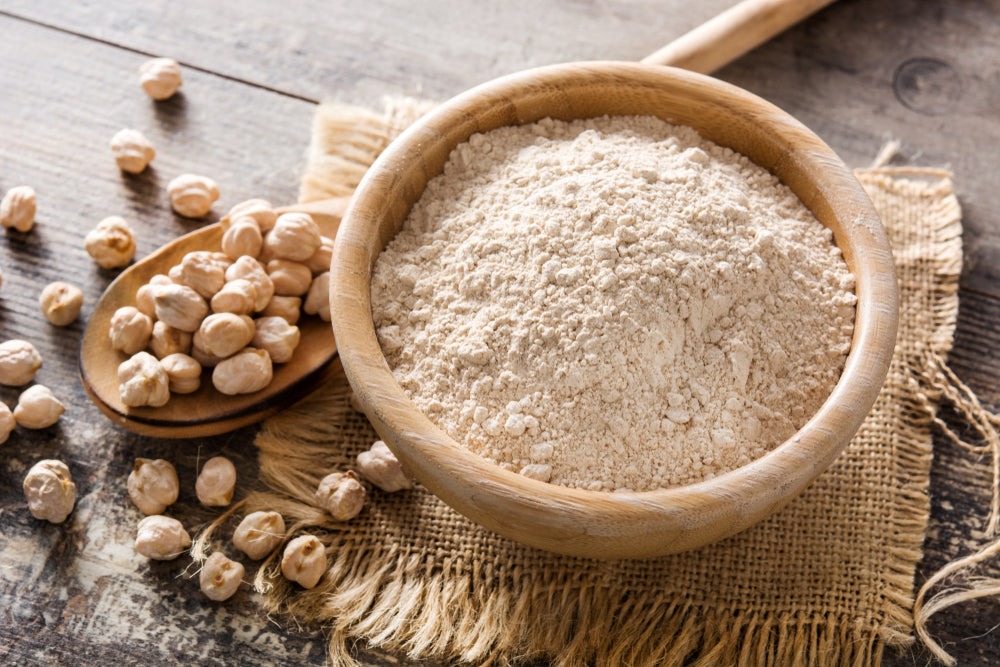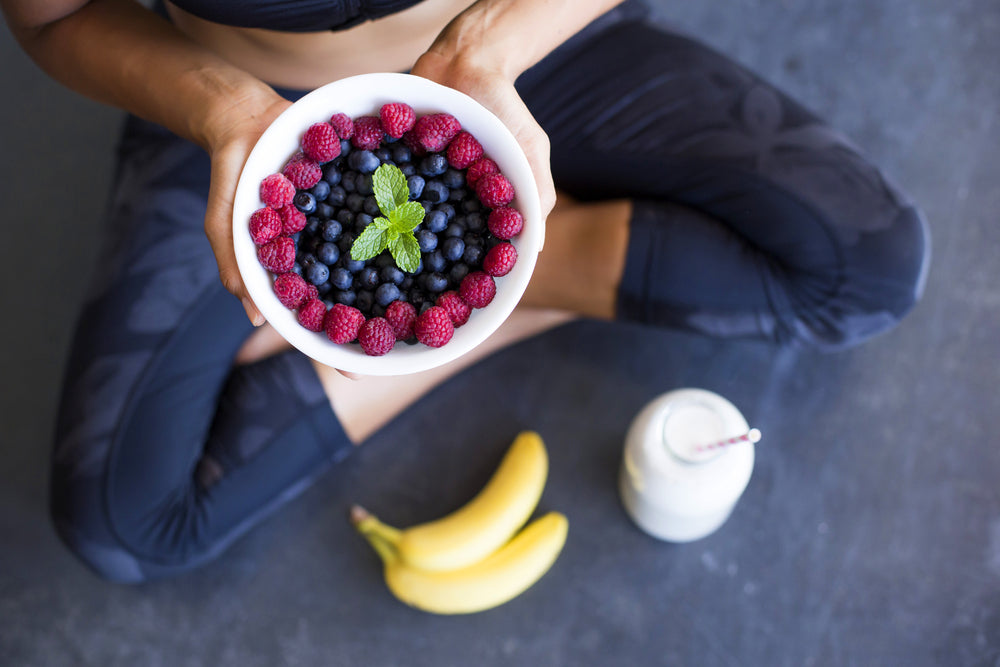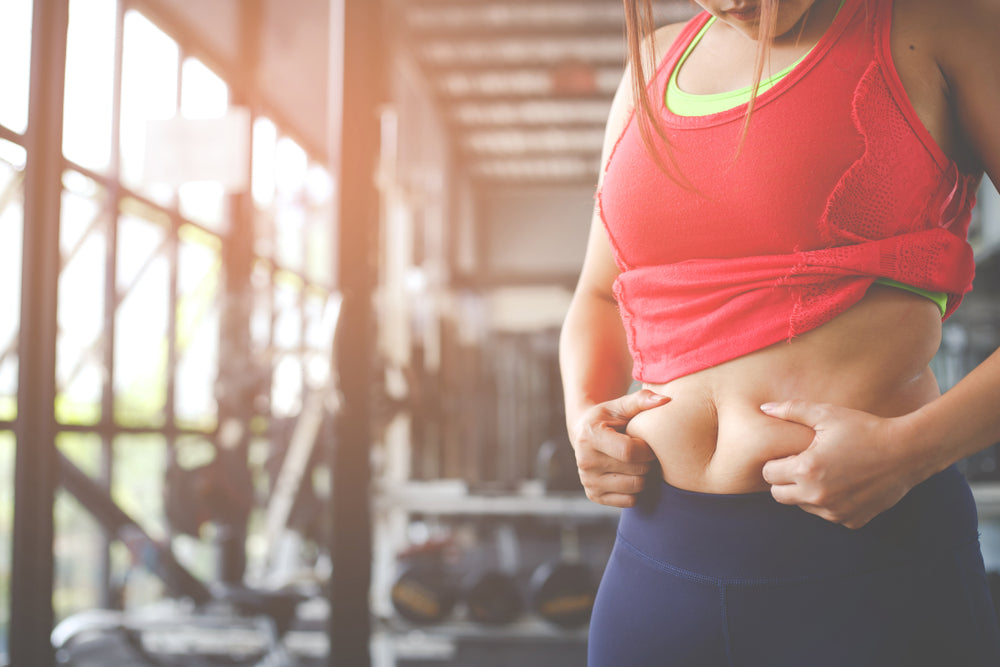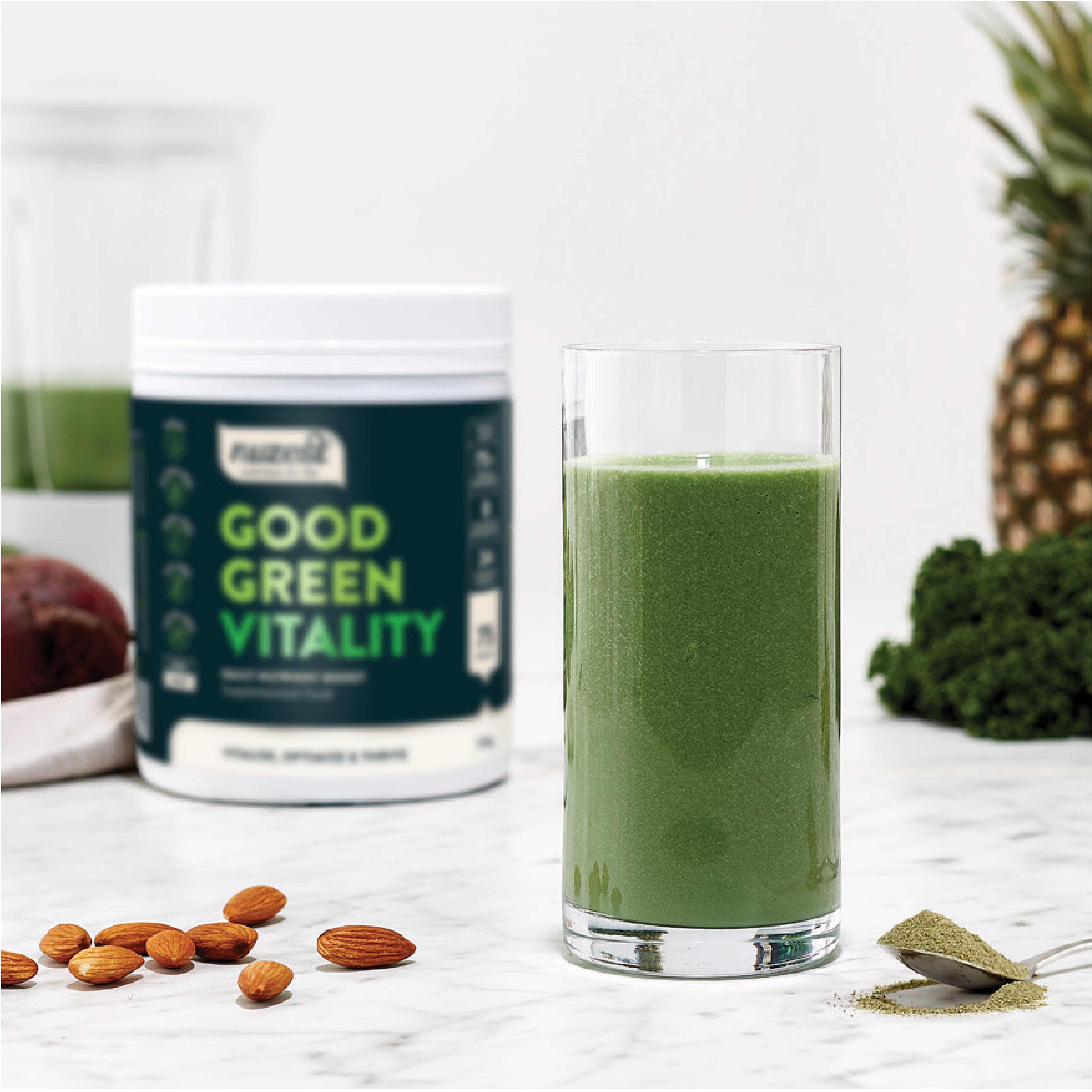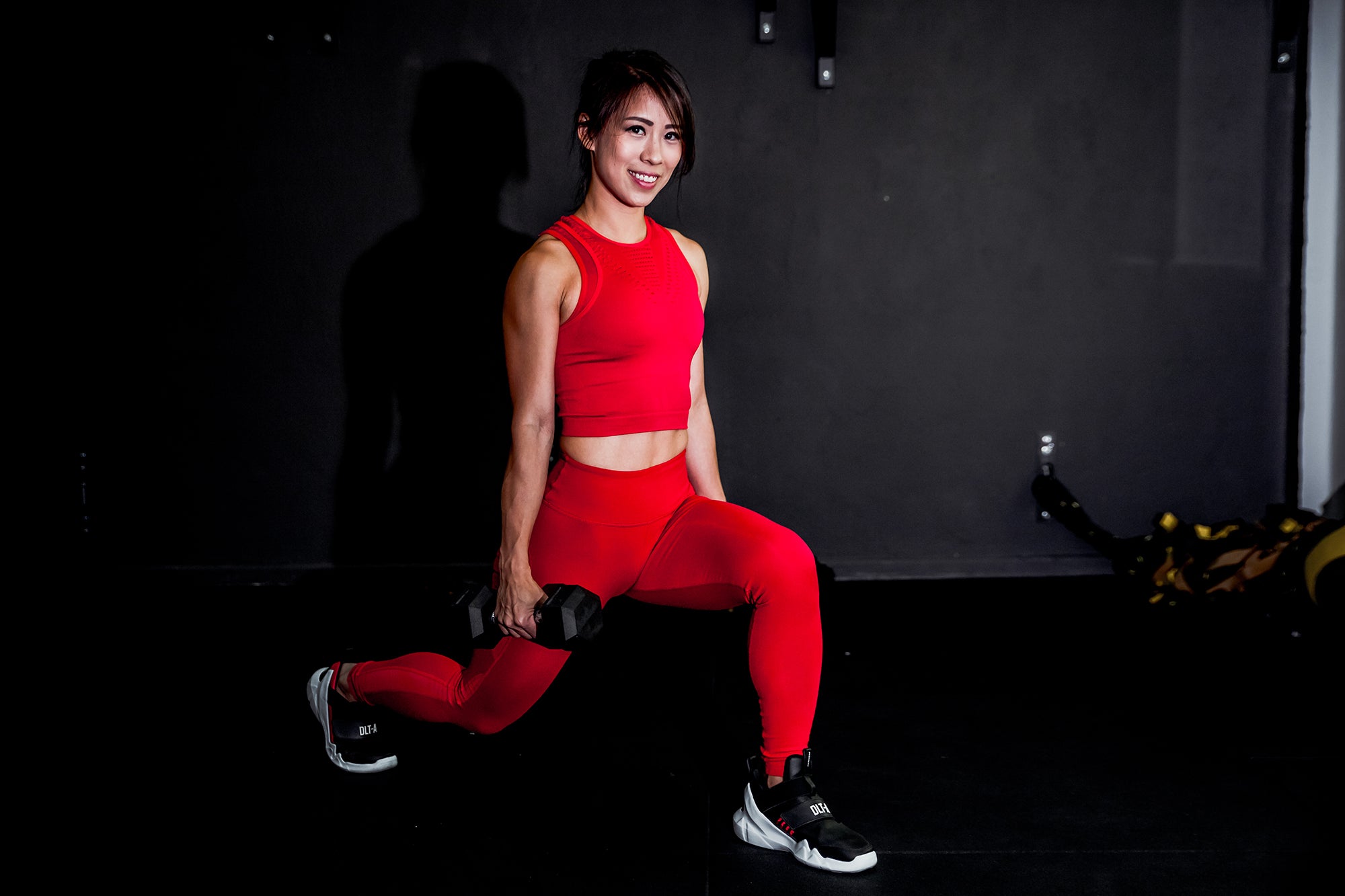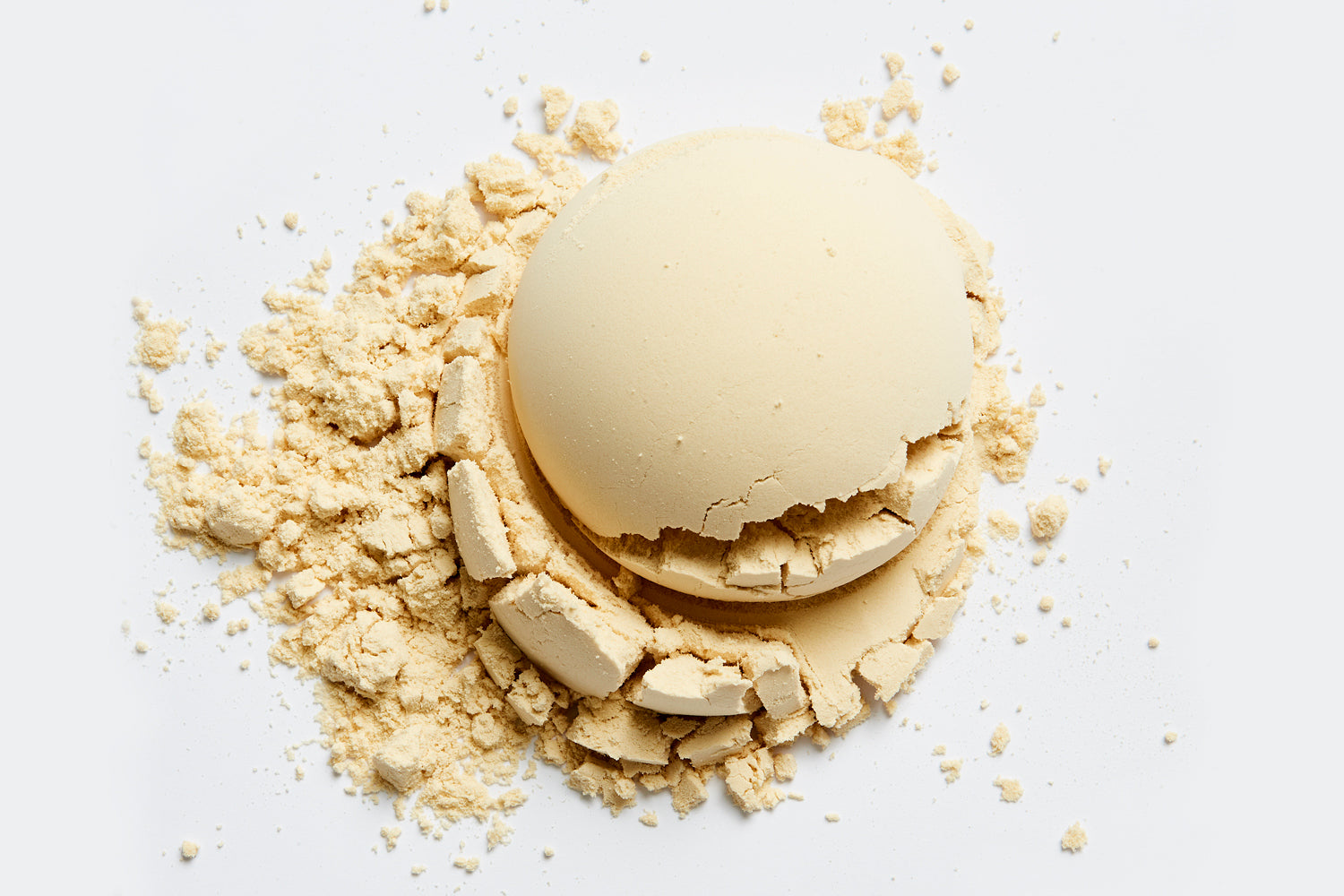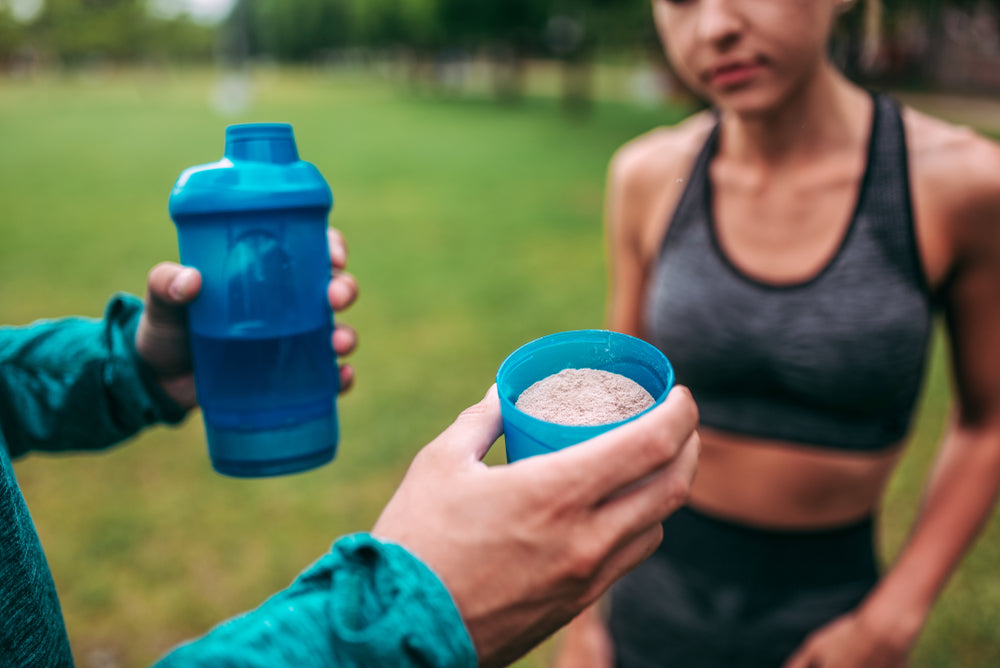Speakers

Scott Larsen
Director, Nuzest Asia
Scott Larsen
All right. So welcome everyone today, I'm actually here with one of our amazing Nuzest influences Luke tan. So welcome.
Luke Tan
Super excited to be here, Scott, I can't wait for our conversation so much to chat about. I mean, both of us are on the same pages on many areas of our life. So, looking forward to the chat ahead.
Scott Larsen
Now, Luke, I've known Luke a number of years. He is an author, and currently integrative breath and movement coach. He's got a really exciting project underway, called the Free Human Project. I just wanted to spend the time today to dive deep into what the Free Human Project is about. Let's take it away.
Luke Tan
Sure, sure. Yeah, I guess the free human project was born out of the last couple of years where you know, you're locked down to kind of stuck at home, and people were eating junk and being disconnected from each other. Gyms were also closed. And, you know, for me when I was pushed against the wall, so I could either stay being a victim, or use this as a catalyst to change.
That's really when the free human project was born. I just look at it from a macro lens, it's about helping people reclaim their body health and personal power. The free human project focuses on four distinct pillars. The four distinct pillars are:
- United families
- Optimizing function
- Physical function
- Mental function

Scott Larsen
So that's a really good overview on the four key functional areas or the areas that you're focused on. And really, where we connected in the first place was you were an author, you had just come back from Singapore from being overseas. And you've written an amazing book that everyone should read, I guess you have a website, they can download that from, but one of those first areas is around nutrition. So, what is your book on? Also, how about you give us some insight into that specific pillar? And then we can look at the other pillars.
Luke Tan
Sure, so looking at nutrition. You know, we talked about investments, if you want to get high return on investments, if you put $1 in you want to get like 5% out of that dollar to come back to you or whether it's 100,000 1000. I look at nutrition that way, how much can I extract from my nutrition with each calorie. For example, I always say you're given like 2500, 3000 calories per day, depending on your activity level from the calorie gods. It's how you spend it throughout the day that allows for you to move closer towards your health and weight loss and fitness goals or further away from it. For me, I look at it through a plant-based diet. I have been on a plant-based lifestyle for more than a decade now. And, and for me, what is a plant-based diet is centered around whole grains, fruits, nuts and seeds, legumes and yeah, there's a whole food plant-based diet. I used to be a big meat eater, so for me, I look at nutrient density. I used to look from a macro perspective where I need to worry about my protein, carbs and fats, but now I look at nutrition from a macro perspective in the sense of okay; where are my vitamins, minerals, phytochemicals, antioxidants. Also, what is the impact of my food on the vine as well. Finally, it is about knowing the impact of my food choices on my longevity because being a father of two kids, it's not just about getting a six pack being lean being strong, but it's also how long I can stay healthy and fit, to see them to be your grandfather, possibly your great grand grandfather, you know, we're looking at blue zones. So, it's multifactorial and that's what I mean by taking a macro perspective on nutrition. That's why I love a plant-based diet, you know, when we look at all the colors of the rainbow, well, maybe not all the colors of rainbow, but when we look at foods that are colorful, each color represents a phytochemical, vitamin or mineral or micronutrient that your body needs to thrive on a cellular level. I feel at least from what now I know, I used to take an outside in approach for body composition where, okay, I need to count my macros, I need to do cardio to get lean. However, now I focus on cellular nutrition, focus on nutrient dense foods. As a byproduct, I get more energy to train, my volume increases and my recovery rate gets better. My body is a representation and a byproduct of my nutrition rather than an outcome.
Scott Larsen
That's a great way of looking at it, especially if you're young. I know growing up, you went through many things, many challenges and I think a lot of guys do go through very similar challenges if not specifically like you. Often they go to the weight room to try to compensate for the lack. Whereas you're reframing of this whole idea in that your food really is the support and will lead to what you want. But it's about growth, it's not about lack. So, I really think this is fantastic reframing!
You are also into breathwork and I know this is one of the principles of what you're delivering with the free human project at the moment, maybe you can talk about that fire and the breath and how that's assisting in this whole plan.
Luke Tan
If we would zoom back out a little bit, if we look at the three primary fuel sources that we have food, water and oxygen, we can go weeks without food, we can go days without water, but we can literally go minutes without breathing. It was with that thought in mind. Air is our primary fuel source. And because we do it so automatically, we don't actually think about it. However, when we stop for a moment and just be a lot more conscious of your breath, firstly, you're a lot more present in with a conversation like with a person across you but you are also activating on a physiological standpoint. You are activating your parasympathetic nervous system. Because we live in Singapore it is a hyper, hyper fast and super connected the pace is frantic and we are always going. To put this in another way, we are constantly in a fight or flight state, you know, emails traffic. However, from my point of view, when I start to focus on my breath, I allow for myself to activate my parasympathetic nervous system which the rest and digest nervous system. It is the system that allows me to reflect, to recover, to also digest better.
The first thing that anyone can do to breathe better without going to specific breath practices, breath awareness, breath watching and conscious breathing is breathing through your nose because this is the far the first pathway to a strong and robust immune system. This is the best filter that you have from the outside environment. So really nasal breathing is everything to me on a personal level. I have been a chronic asthmatic most of my life and I grew up kind of knocking my parent’s door wanting to go to the ER because they couldn't breathe. So, I grew up with that kind of mindset. I learned to deal with my chronic asthma true pharmaceuticals but until I retrained and relearned. Firstly, I changed my nutrition that helped but didn't really help until I learned how to shut my mouth and breathe through my nose and now it's two years plus I have not touched my inhaler. So, first things first if anyone listening right now really think about breathing through your nose and closing your mouth. For me I've I do things like mouth taping. That's one of my rituals before bed.
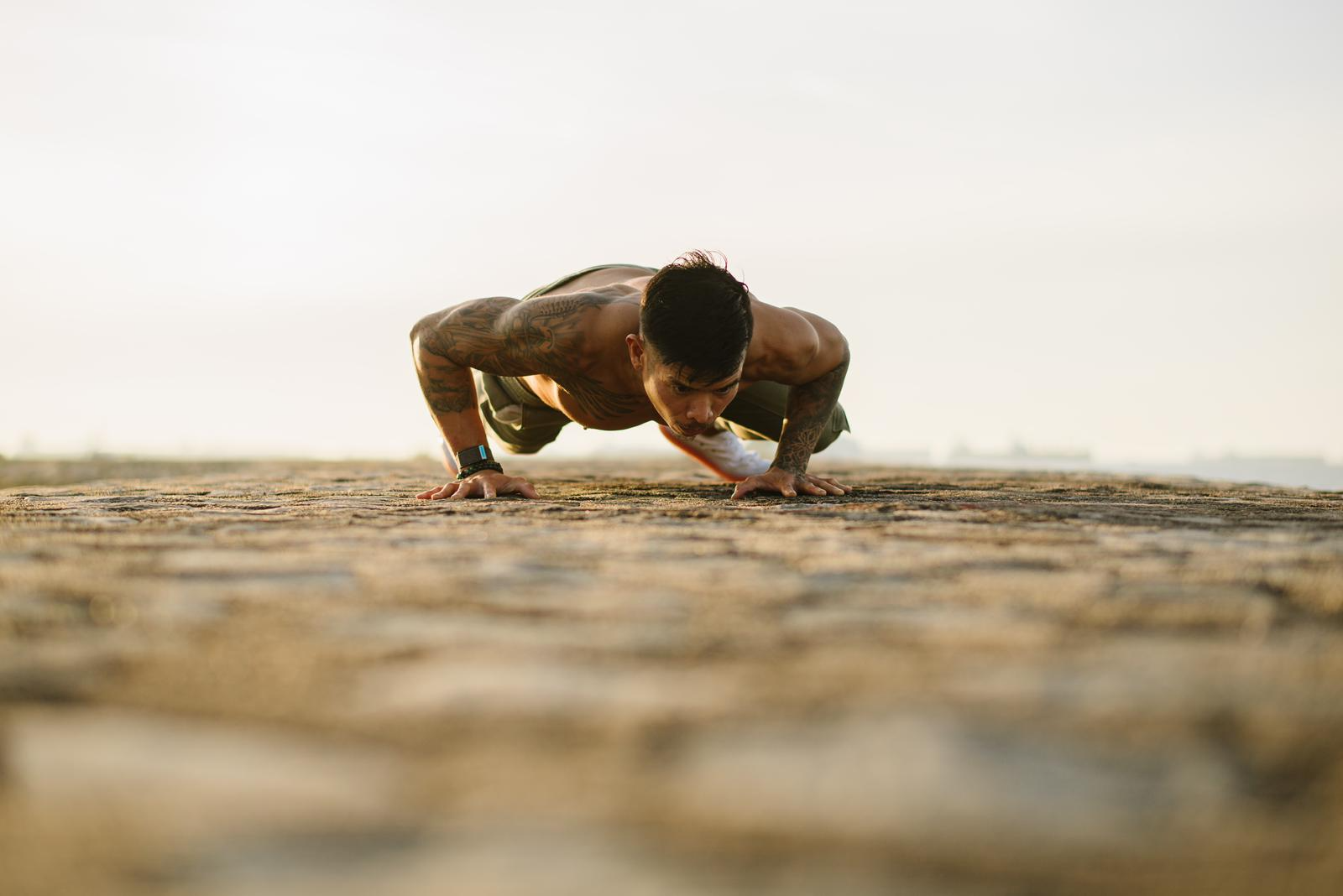
Scott Larsen
I thought that was because you spoke too much.
Luke Tan
That too. I think my wife was the one that said I think you should take your mouth and then I experienced the benefits of mouth taping after she told me to shut up basically. Haha, yeah.
Scott Larsen
I do see this on your social media, it looks like you're doing odd stuff. So, you're doing breath hold work when you're on the bike on your stationary trainer. Maybe explain to people a little bit about some of the benefits of being in an oxygen deficit and why that is helpful?
Luke Tan
Sure. That's a great, great question. What do we think of when we have the urge to breathe? Why do you have this sensation? Why do you feel the extra need when you hold your breath?
Some people think that, okay, it's a lack of oxygen. No, it's actually not a lack of oxygen, but it's actually carbon dioxide buildup in your system. Carbon dioxide is the stimulus for you to breathe. So, when you hold your breath and you just feel that distinct urge, it is carbon dioxide building up and it's a lack of tolerance for it that results in a shorter breath or so carbon dioxide to me is like the new currency. It's like the new crypto, especially as a former asthmatic. Carbon dioxide is a beautiful gas, well I call it beautiful. To me its beautiful and amazing gas because it helps with bronco and vasodilation. It also helps boost your mental tolerance, mental resilience, it also increases oxygen uptake from your blood. At any given time, our blood is about 95% in oxygen saturation (based on an SPO2 meter reading). Meaning your blood is maxed out with oxygen. So, by taking in more oxygen, you're not going to get more. The question is how can we extract 95% of this oxygen into our cells by increasing the carbon dioxide in our system? The more carbon dioxide we have in our system, the more of this oxygen gets released from the blood, from the blood into the cells. For training, for recovery and all that good stuff, rather than getting stuck in the blood.
Scott Larsen
This is super interesting, because this is I'm not sure if many people have heard of this. And this is I'm sure a new science that is going to be talked about a lot more and more. I know one fun fact is that we lose the majority of weigh through our breath. A lot of people think you lose weight by sweating, but it's actually through your breath! What you're talking about is really interesting because that you're potentially feeding your system by up regulating it. I'm sure it has a cascading effect positivity positively through your entire body.
What have been the outcomes for you by doing some of these drills that you do? Also, what have been some big outcomes for you and your clients?
Luke Tan
I think for me is number one has been on a psychological cognitive level of mental resilience. That is the biggest one because you're fighting the most instinctual need, you know, you can go on a faster water fast a food fast, but you're fighting the urge to breathe that's minutes. By fighting the urge to breathe, you boost your mental tolerance. As you build it boosts your mental resilience, and you realize that, hey, you know if I can fight with this, when play with this ‘need to breathe’, what else can I do? So mental resilience is number one, number two would be increased recovery and increased output as well. Because as a former mouth breather, after a big water session, I would go into this corner and blow hard trying to pick up more air. But by doing so, because I'm expelling out of my mouth, which is an extremely big hole, I'm pushing a lot more carbon dioxide out. The more carbon dioxide I push out, the less I have in my system, the less I have in my blood. This has a flow on effect that the less I have in my blood, the more my blood hemoglobin actually wants to hold on to oxygen. So, so basically if there's more carbon dioxide in my system, the blood goes, alright, I can release oxygen, I don't need to be greedy. So, if you want to think of it that way, carbon dioxide is the guy that goes oxygen, get out, get out, get out. Given this, you want more of that in your system. So back to what I was saying, about increased recovery. Now when I recover, especially when push my limit, I just close my mouth and I recover through specific breath practices from my nose. On top of that, I also improved my gait. So, you know when you're running, you don't think about your gait. You're just focusing on your breathing. But now that I'm no longer focusing on my breathing, I can focus on my gait. So, the breath positively impacts physical function, movement efficiency as well stress resilience. Of course, biological changes digestion, because I've activated the parasympathetic nervous system by breathing into my diaphragm, increasing the amount of oxygenation for myself. There are so many positive benefits through these practices. And of course, yes, stress management, as well!

Scott Larsen
And I know at the moment you do a collaboration with HyperActive here in Singapore. They specialize in cold immersion. But there's a lot of linkages to breathing techniques there.
I know cold immersion is actually one of the principles that you also have identified in the seven principles of the free Human Project. Maybe can you talk about your collaboration with the HyperActive clinic?
Luke Tan
This is a symbiotic relationship. We met, I met him at an event, we chatted and then finally he came to one of my primal sessions at botanical gardens. After that, I was like, “hey, let's train together”. And then we trained together. After that, we did an ice plunge at the HyperActive clinic and I felt like, hey, it's great, let's do something together. Let’s combine this with breath work. Of course, he has his thoughts, I've got my style. We integrate some movement and then use the ice bath to reduce the inflammation and activate the parasympathetic nervous system as well. So that's how it was born. So yeah, I think it goes hand in hand because Wim Hof is quite a different breath technique where it introduces a state of its hyperventilation. Unlike the way I train, its breath holding, so you're capturing more carbon dioxide, hyperventilation pushes up more oxygen. So, hyperventilating with a Wim Hof practice changes the blood pH because less more carbon dioxide goes out. As a result, more carbon dioxide leaving the system you create an environment where your blood is a lot more alkaline. As a result of the alkalinity you can actually hold your breath for a lot longer because once again, carbon dioxide is the stimulus for you to breathe. But if you're hyperventilating and pushing it out, if you do a Wim Hof session, you can breath hold for a lot longer than you would otherwise.
Scott Larsen
Something that is also interesting in that comment is that this response is innate. It's actually called the mammalian breath hold response (diving reflex) and a lot of freedivers use this technique and train themselves to hold their breath for five to seven and a half minutes. While they are holding both the resting heart rate falls (parasympathetic response) and also the alkalinity changes. So, this has been known for a long time, but it's definitely great that you have this program happening in Singapore! So, I'm sure you're posting this on your website and also on your Instagram, is that correct?
Luke Tan
Yes.
The this first session we had one a few months ago, but this next event is happening this Saturday this Saturday (19th of November), and we're hoping to do it monthly this Saturday is going to be a cool collective Sentosa. So yeah – keep a look out for that!
Scott Larsen
You also are running primal sessions at Singapore Botanic Gardens weekly.
I'm assuming this is tying into the movement segment of the free human project so correct?
Can people join the primal sessions?
Or how did they get information?
Also, what are you actually doing apart from rolling around on the grass?
Luke Tan
Well, that's one of them, haha. I think it's really rolling around the grass is intentional because we live in such a built-up environment you know. Most people are getting out of bed, sitting on a chair as they eat breakfast. Repeat this cycle through lunch while they are at work. Finally, at the end of the day drive home, sit on the couch, then back to bed. How disconnected are we from nature, right?
These primal sessions are about getting back into the earth, smelling the grass, hearing the sounds of the birds. So that's one element of it. Rolling around the grass also allows us to connect with the microbes in nature as well. Beyond that, what I do is breathwork and some of the oxygen advantage stuff just to increase carbon dioxide tolerance. The Primal movements are accessible to anyone at any fitness level and the whole purpose of that is to really feel the ground, to build quality joint mobility, move in different planes, explore different movements, because I believe we are ‘human animals. I mean we haven't evolved that much. In essence, by nature, we are animals and we are not meant to be in that box, in that bubble for 90% of our day. So, it's just to be able to just kind of work those joints for injury prevention, but also build mental resilience as well.
I've got three phases.
One is the Explore phase is exploring the ranges, the limits of your movement, and your mobility. But as you start warming up, we go into phase two which is the warrior phase where you go a little bit harder, so that we build that mental resilience and mental toughness, mental fortitude, while sweating it out. Eventually in phase 3 we breathe and just reconnect with nature. So, it's a full cycle, I would say, a full journey that I've helped people through. And it's really what I'm about, it's about taking, you know, a macro and a holistic look at personal and human development. Because, you know, we are part of nature, we are nature. So, I think it's pulling all these elements together to just, you know, be free. And that's what being a free human is connecting with the Earth, connecting with other people, but also being you. Your strongest and your best self.
Scott Larsen
So, you were mentioning to me before we got started today that you have got a five-day challenge, which is actually live called Free Human. So for listeners of this clip, feel free to go to the Free Human website and take a look. You can actually sign up and get a seat for the five-day challenge, which is going to be launching pretty soon.
What are some of the things that are going to be included in that five-day challenge and what can people expect?
Luke Tan
The first five-day challenge actually ran a few months ago. I'm looking to launch it again in 2023. So, it's going to incorporate the seven principles. I don't know whether I mentioned the Seven Principles The last time however it's:
- Nutrition
- Movement
- Breath work
- Recovery
- Connection with the people around you
- Grounding
- Cold challenges/cold immersion
These are the seven principles that I will be focused on during that five-day challenge. I take you through different elements of these principles. It's just a challenge just to get someone out of their comfort zone. The whole purpose is coming back to my mission is to reclaim your body and health and personal power so that you're ready for the next day and for the next event global event! ‘The next’ hopefully, it doesn't happen again - locked down. Let's hope that doesn't happen again! Because yeah, I think it was traumatic for many people and fortunately we are back almost kind of back to normality and back business as usual.
Scott Larsen
Absolutely!
If people have questions, where is the best place to get in touch with you to ask details or cost about some of your things such as a primal sessions or one on one sessions or some you do corporate work as well?
Luke Tan
They can reach out to me at my website, or on Instagram @luketan.co Alternatively, they can go to www.freehuman.me and sign for my challenge. I'm going to be releasing an eBook on these seven principles soon. So, those are the key channels, I will get people to follow me on.
Scott Larsen
Well, thank you. We appreciate you being an amazing advocate for Nuzest and we know you and your family love our products! So, we were really appreciative of that.
Thanks for your time today. We look forward to all of your activities coming out and we'll chat again soon.

